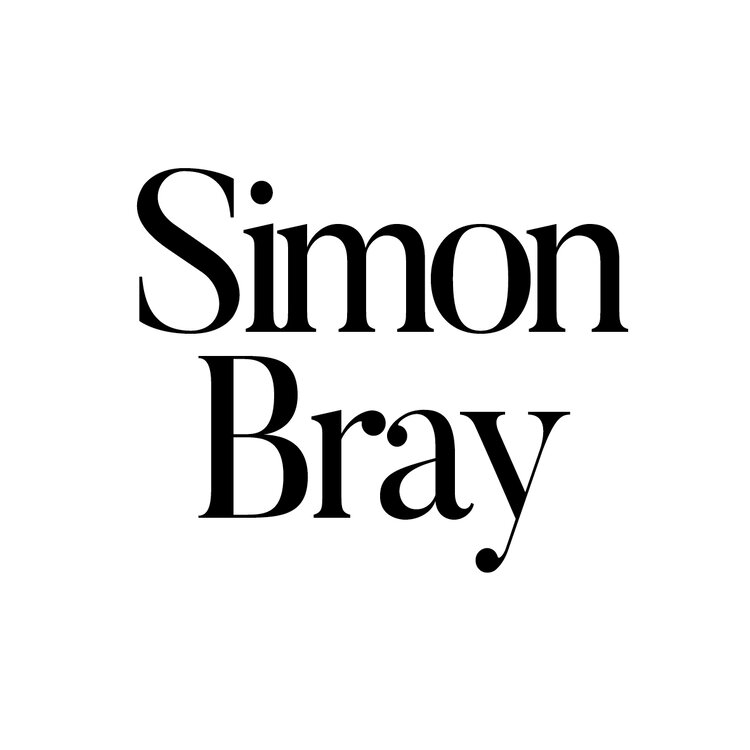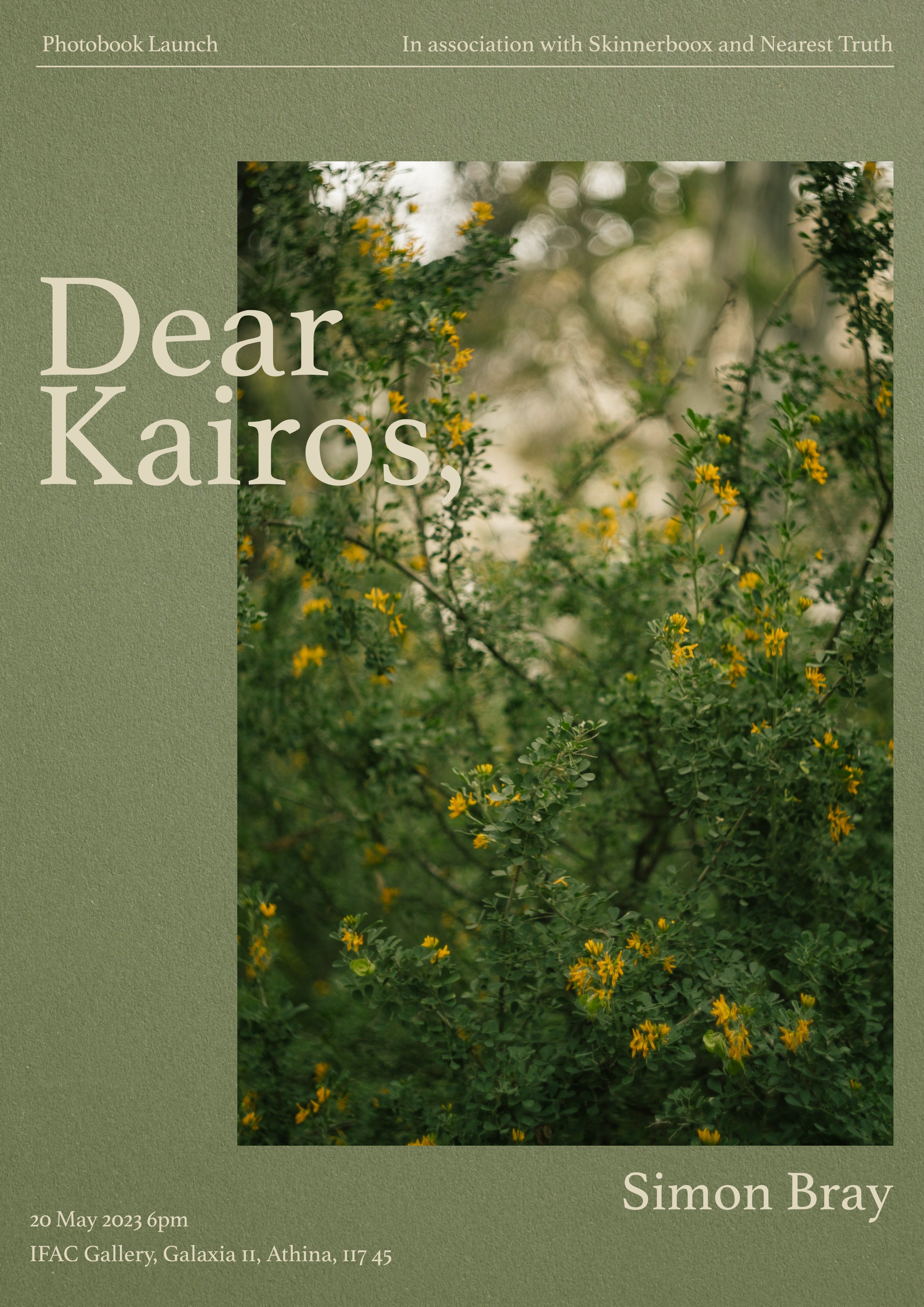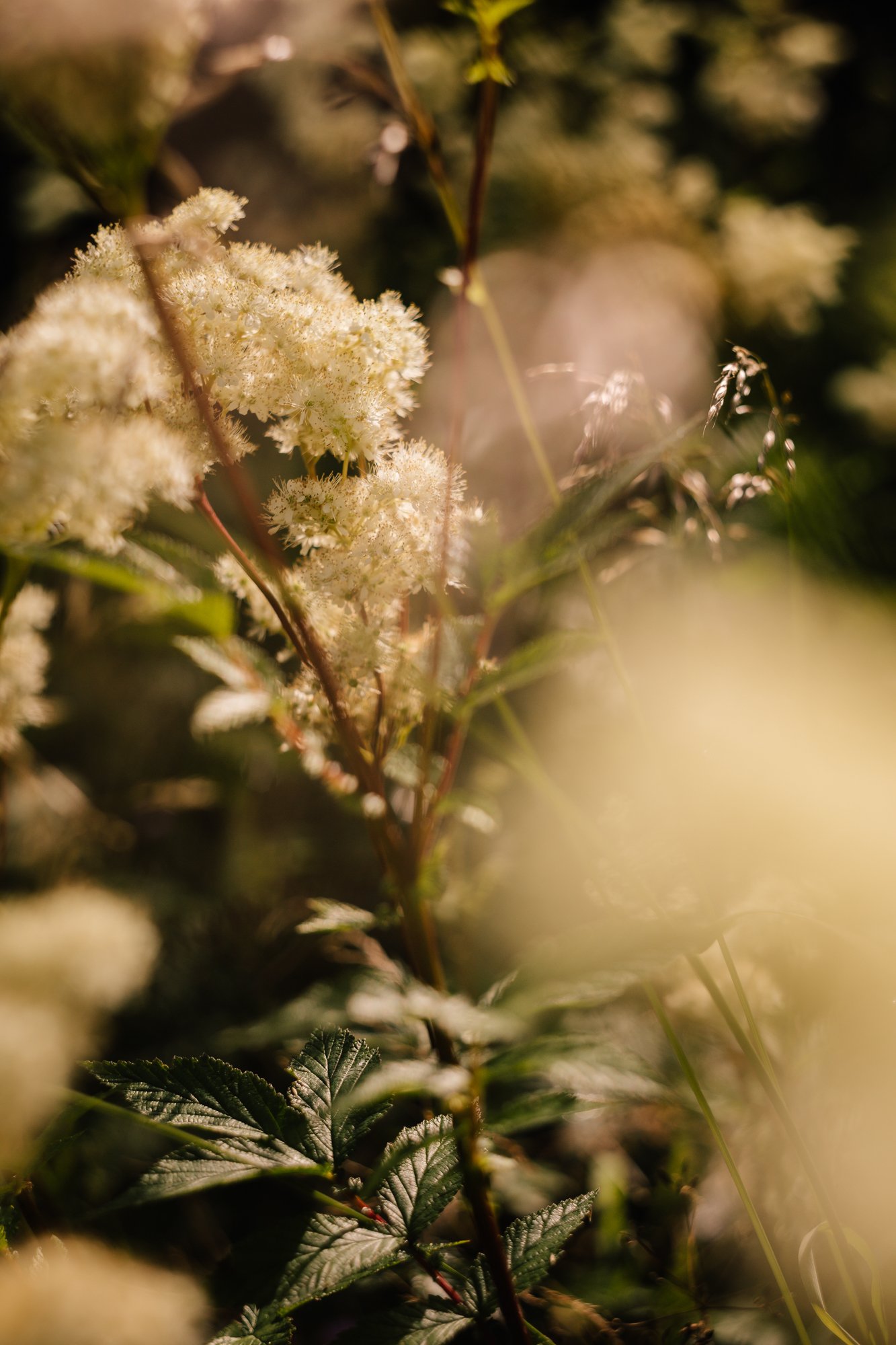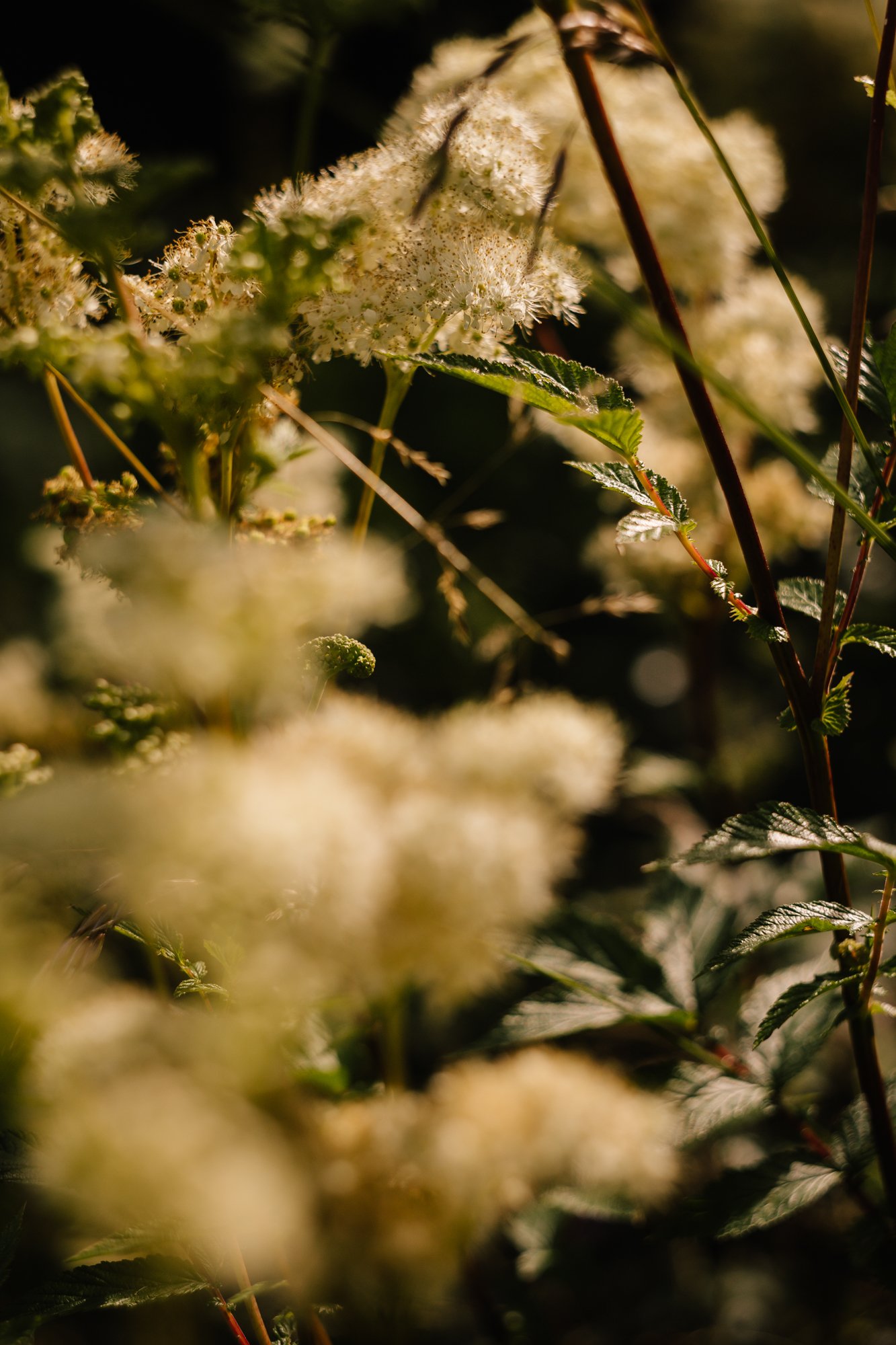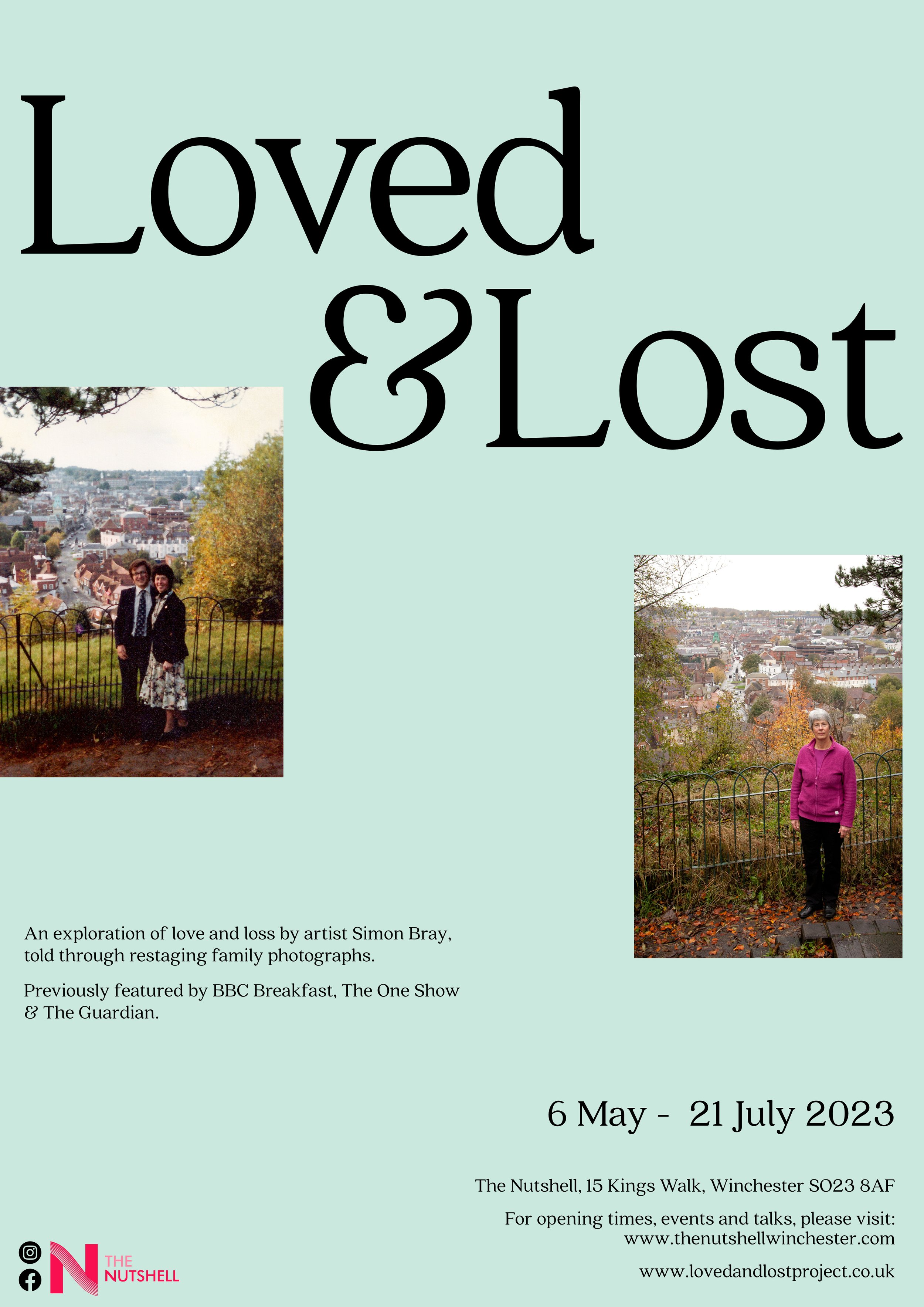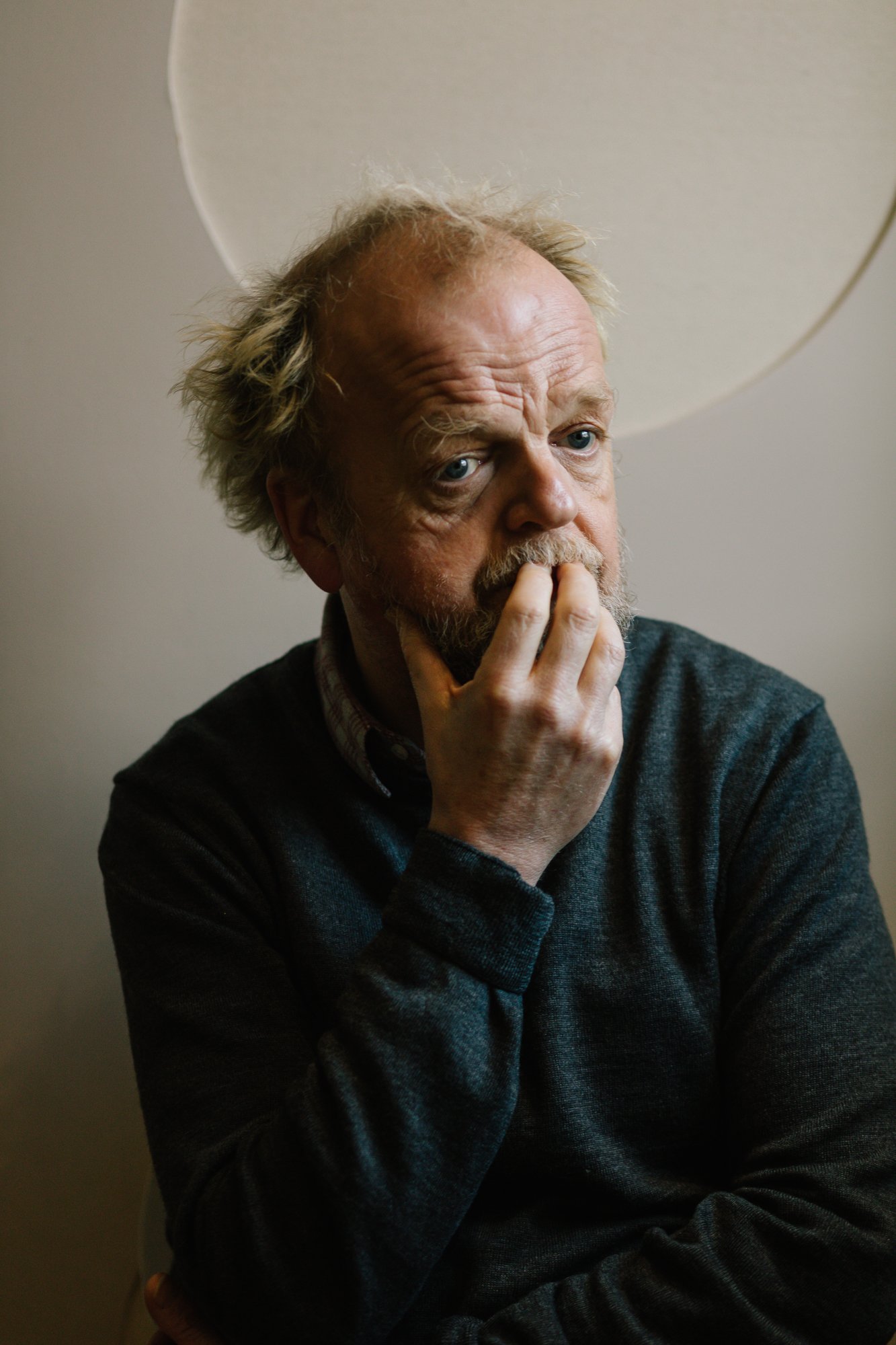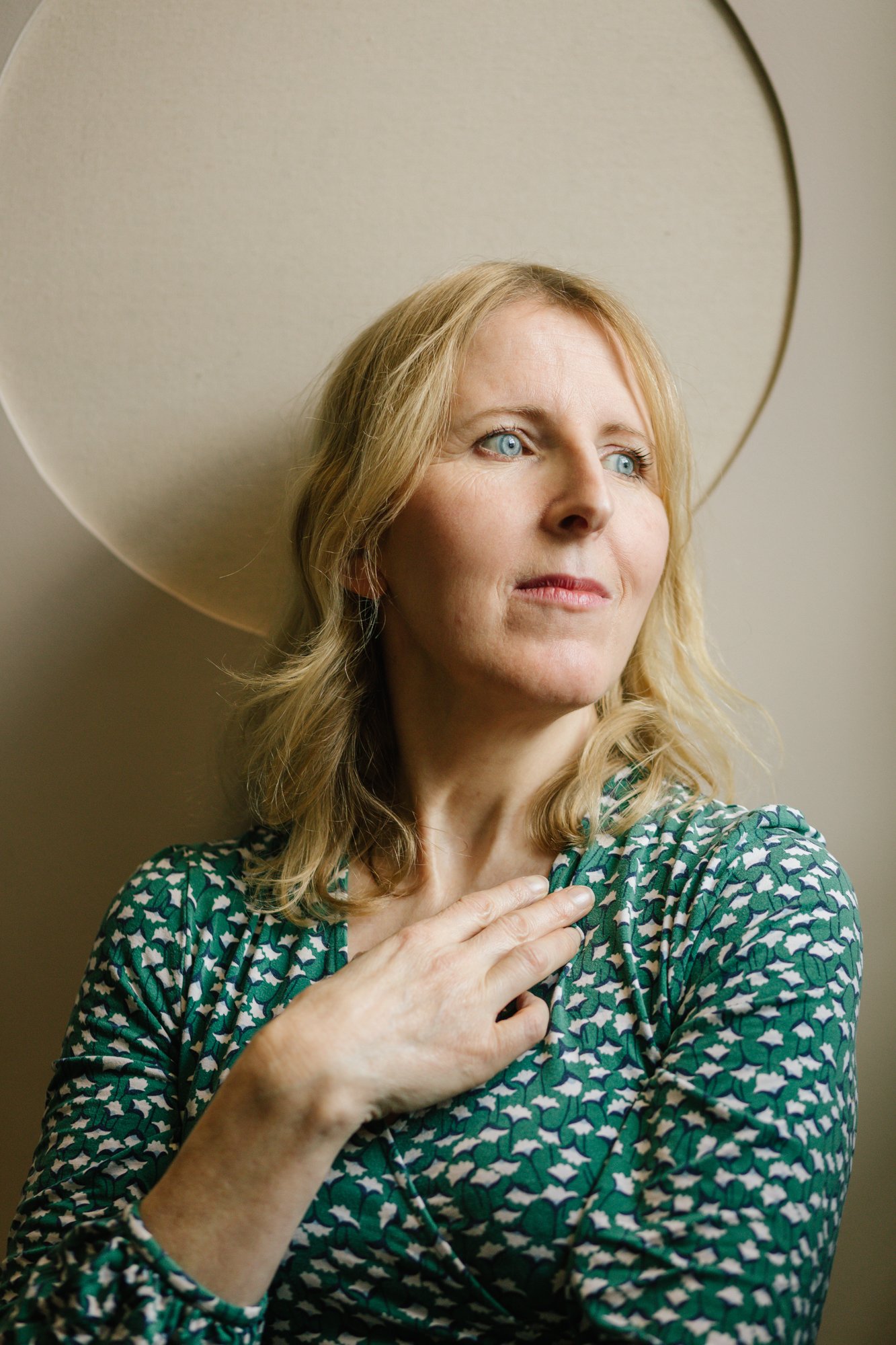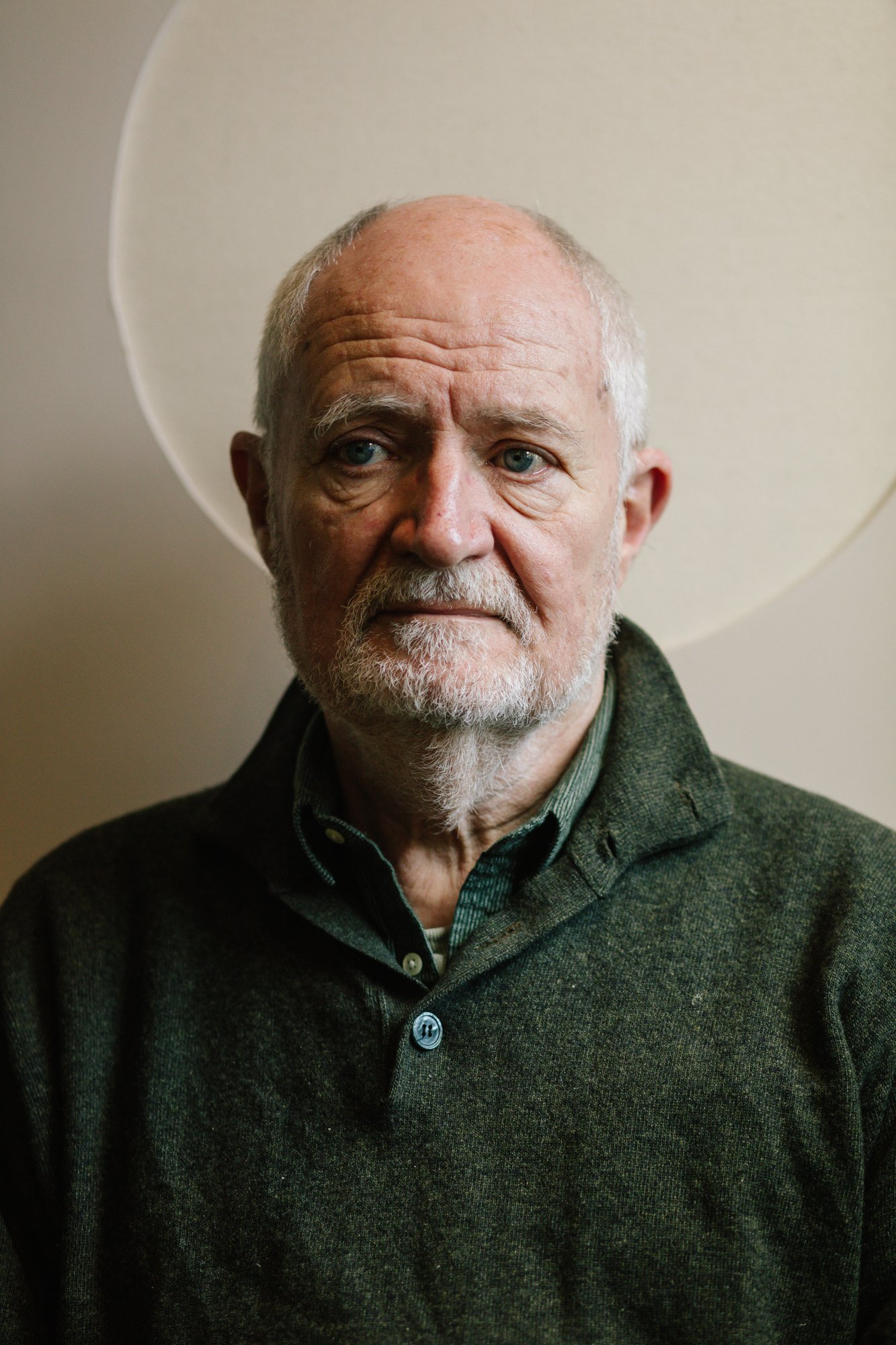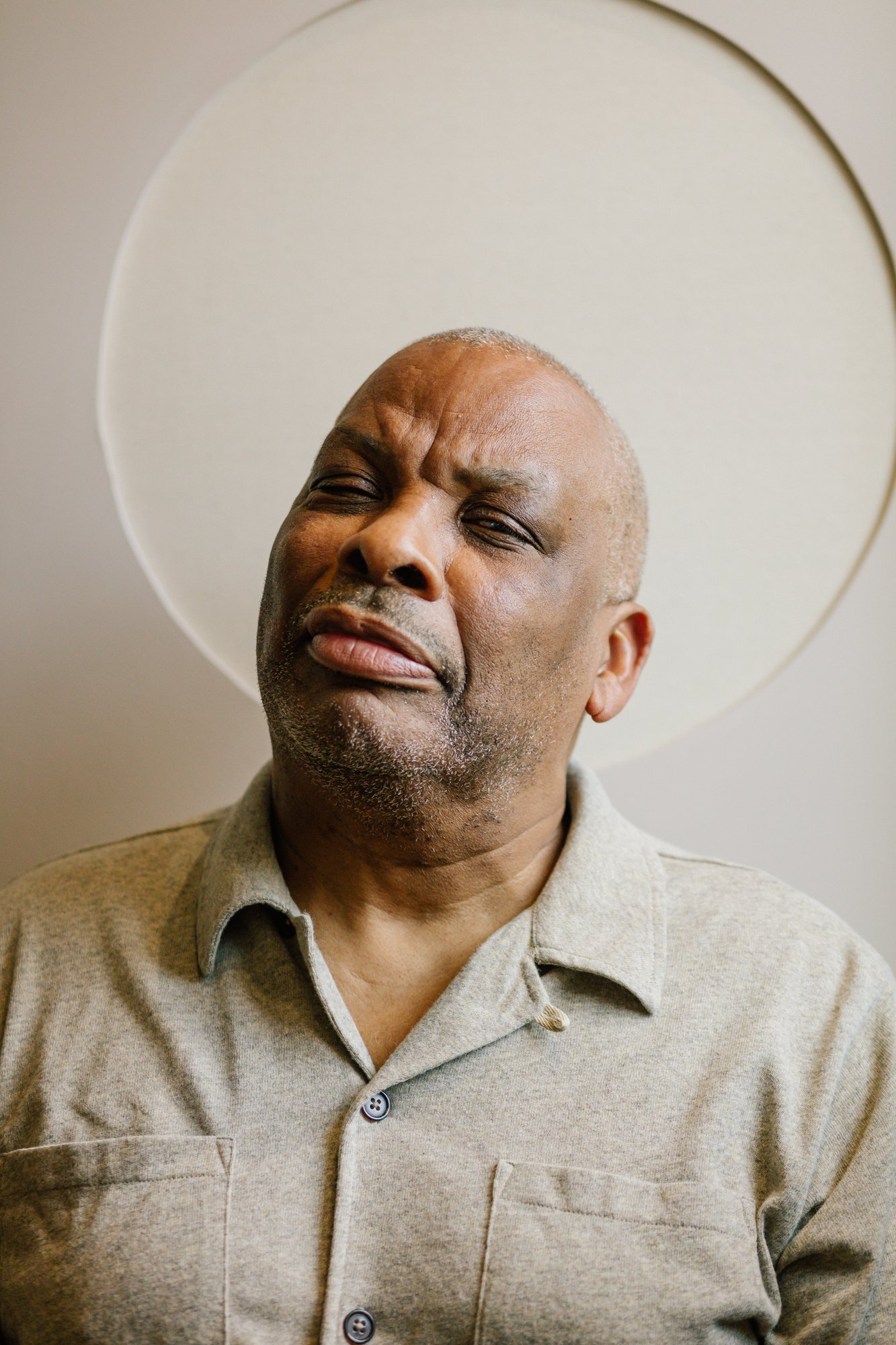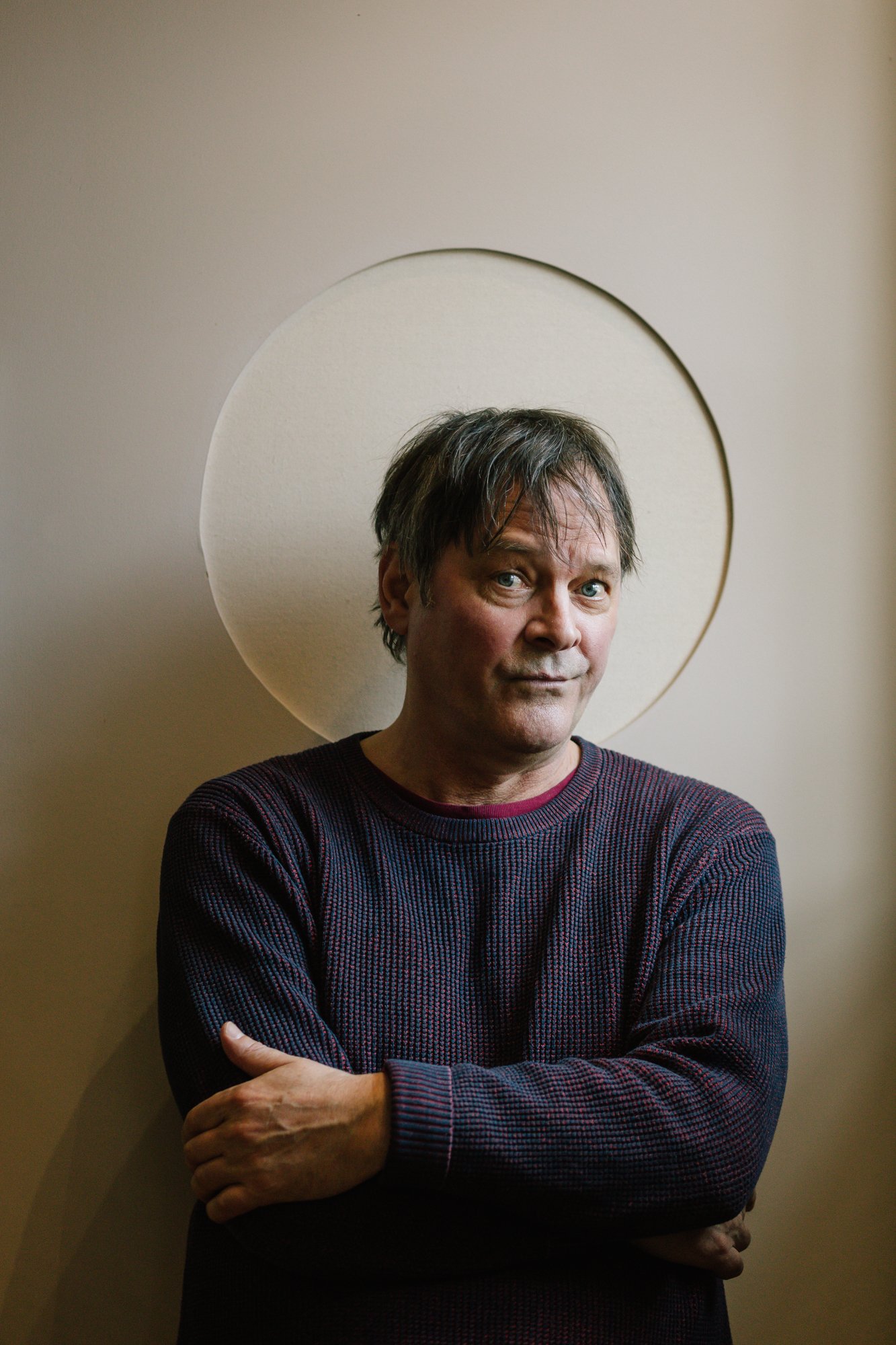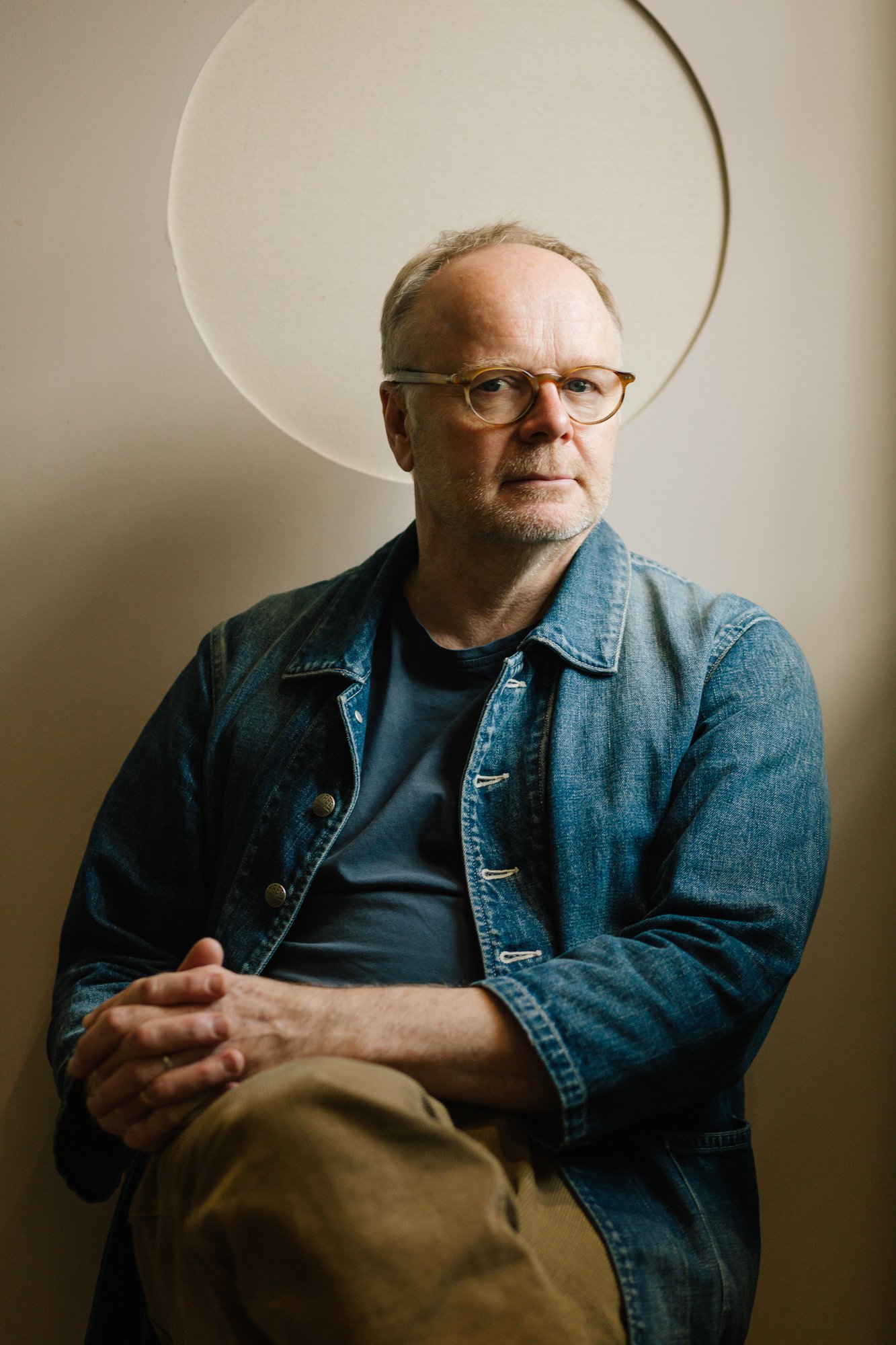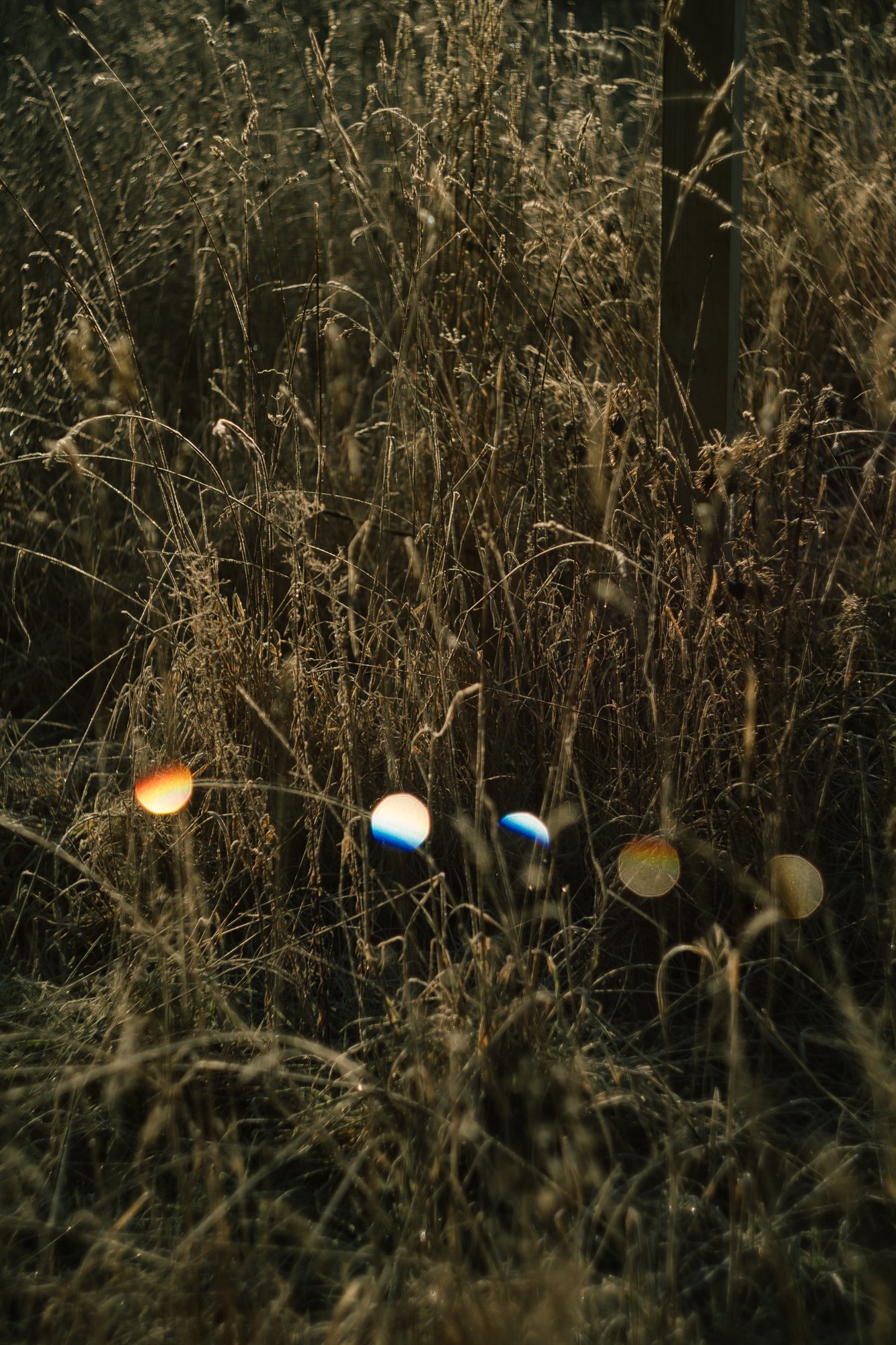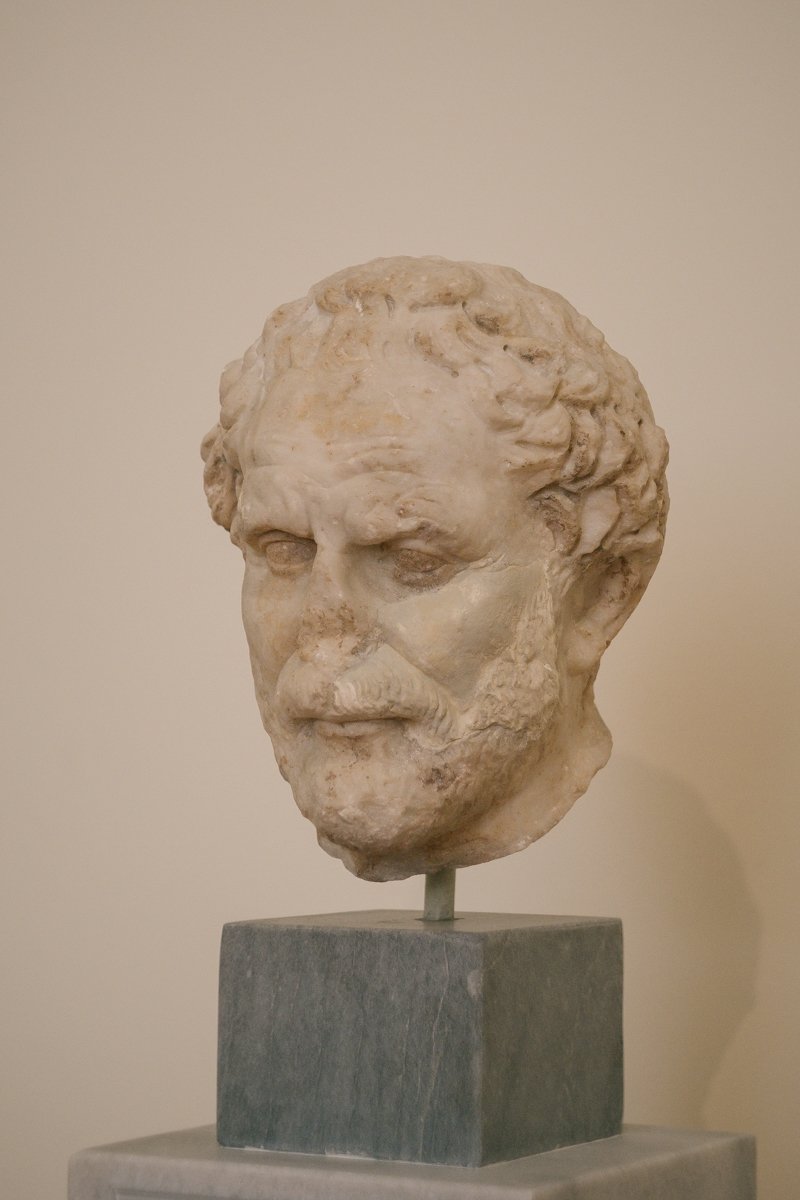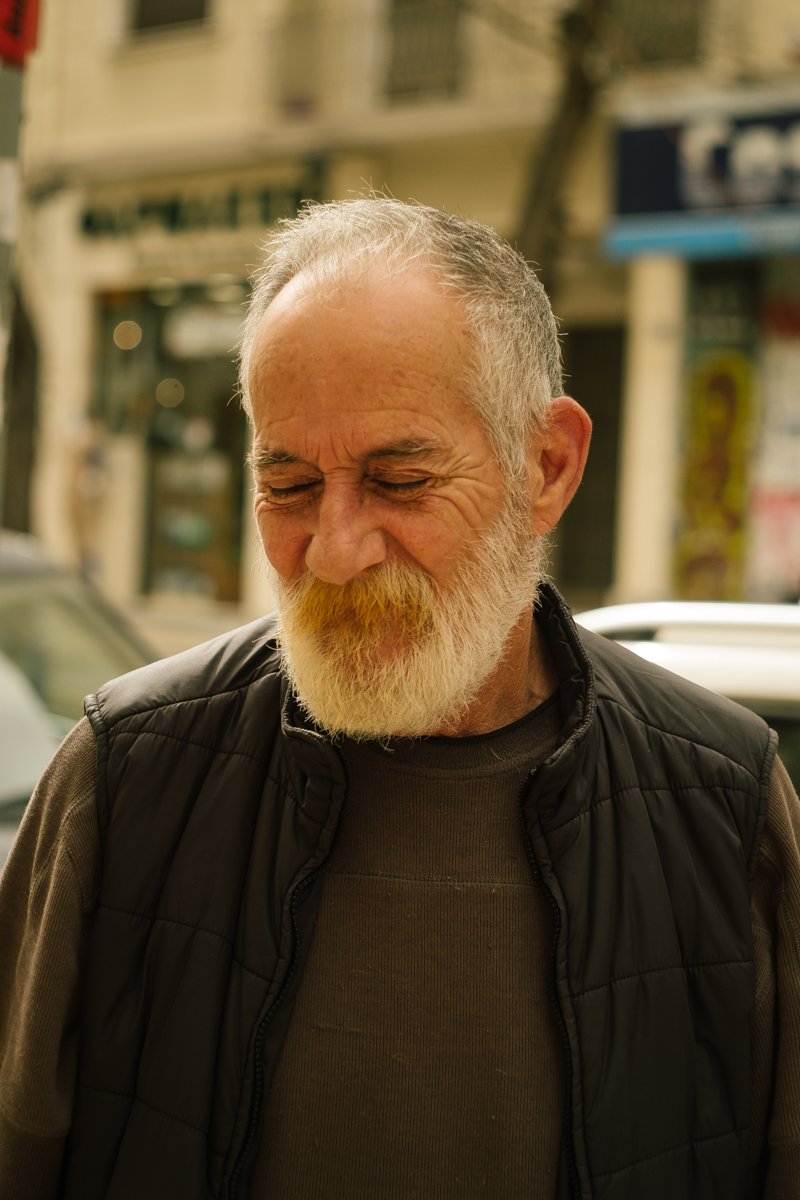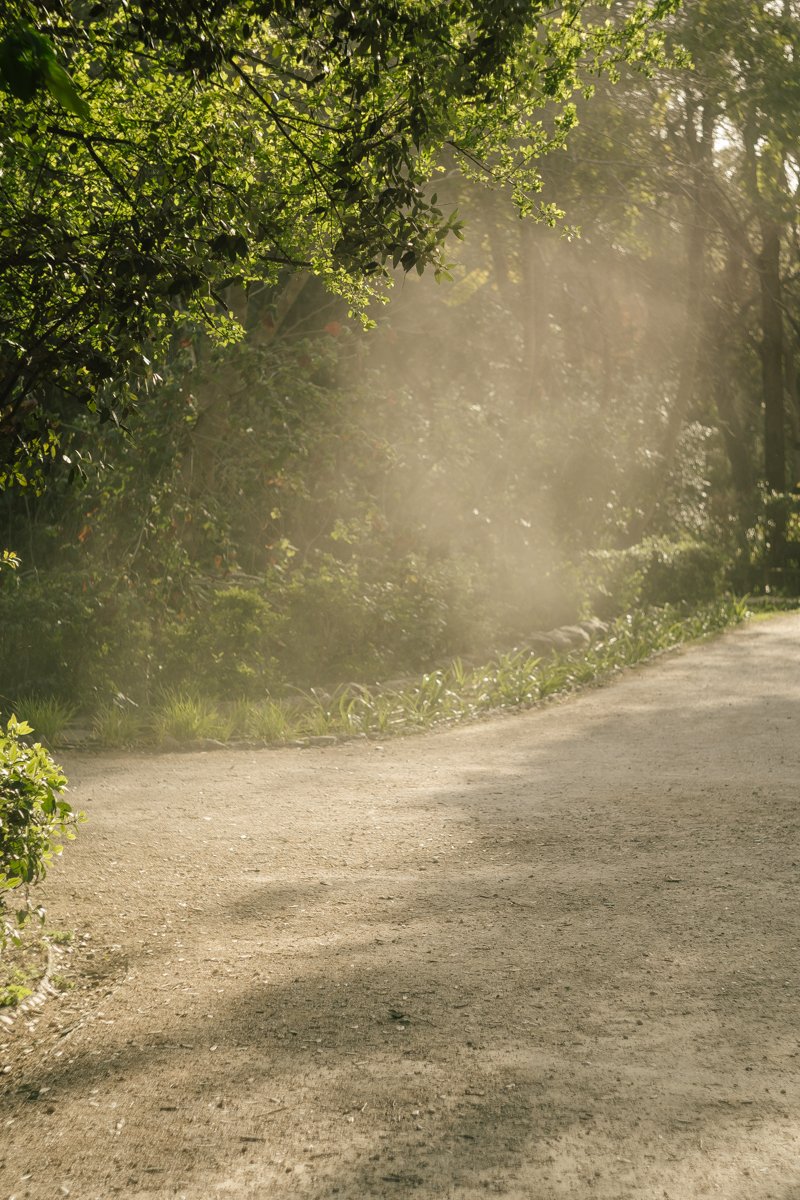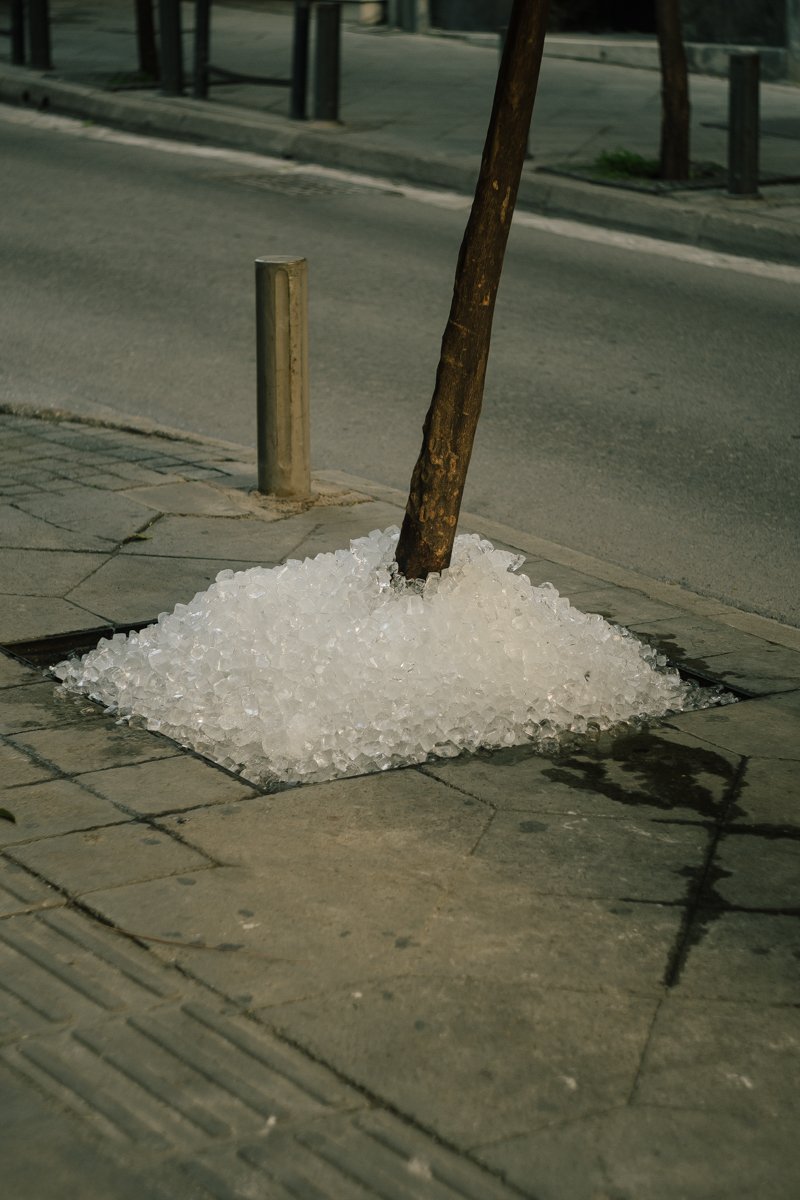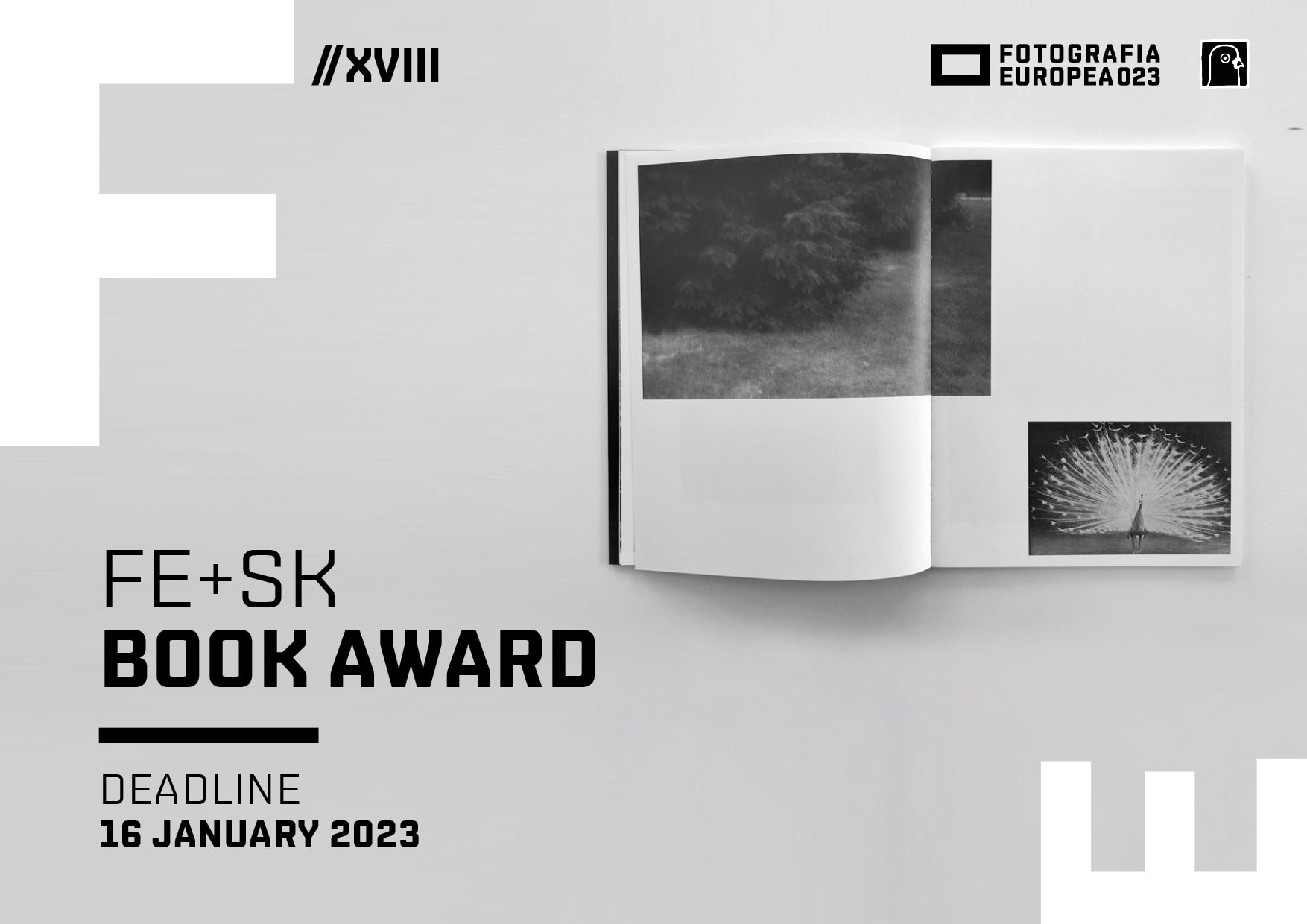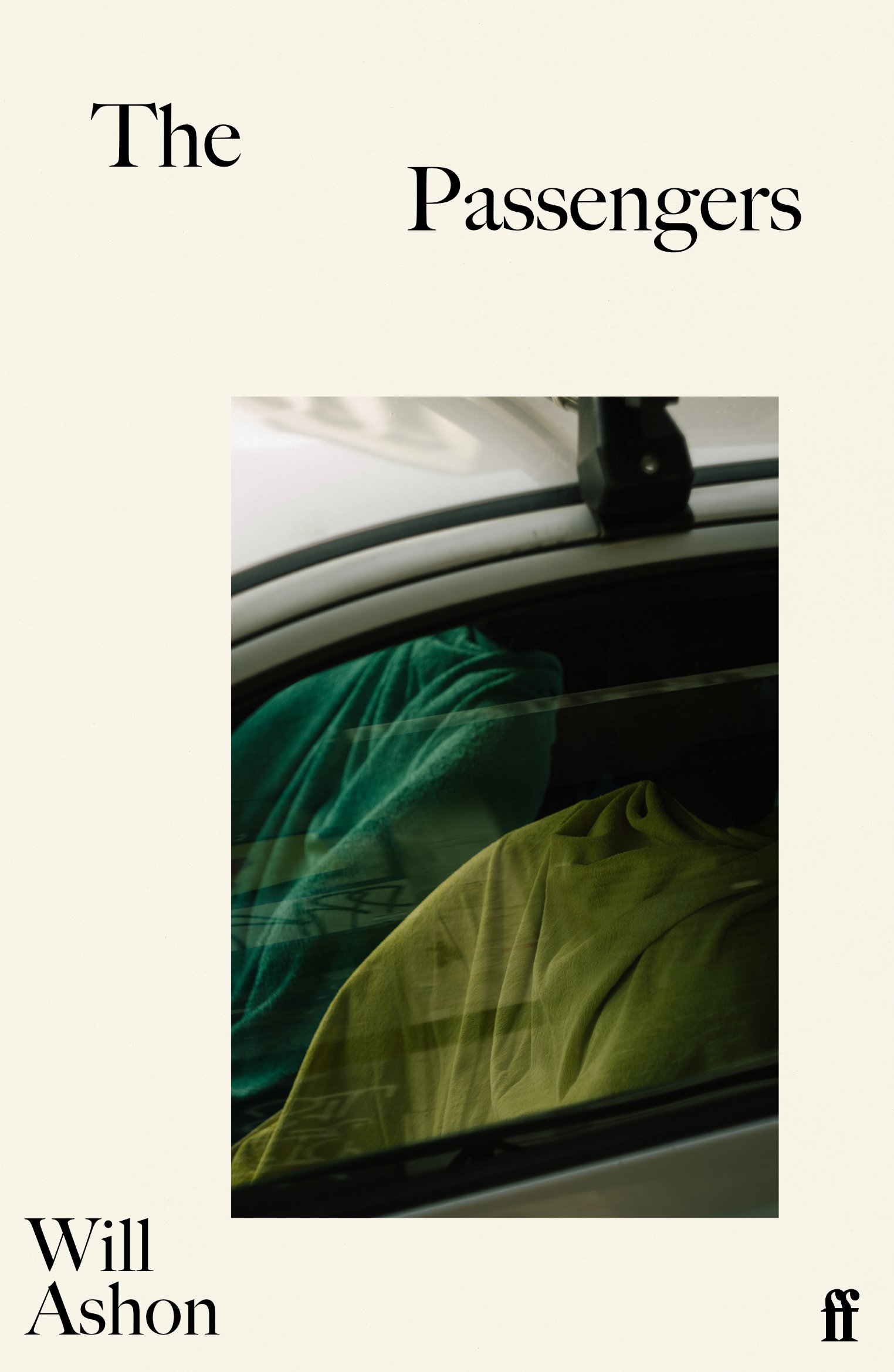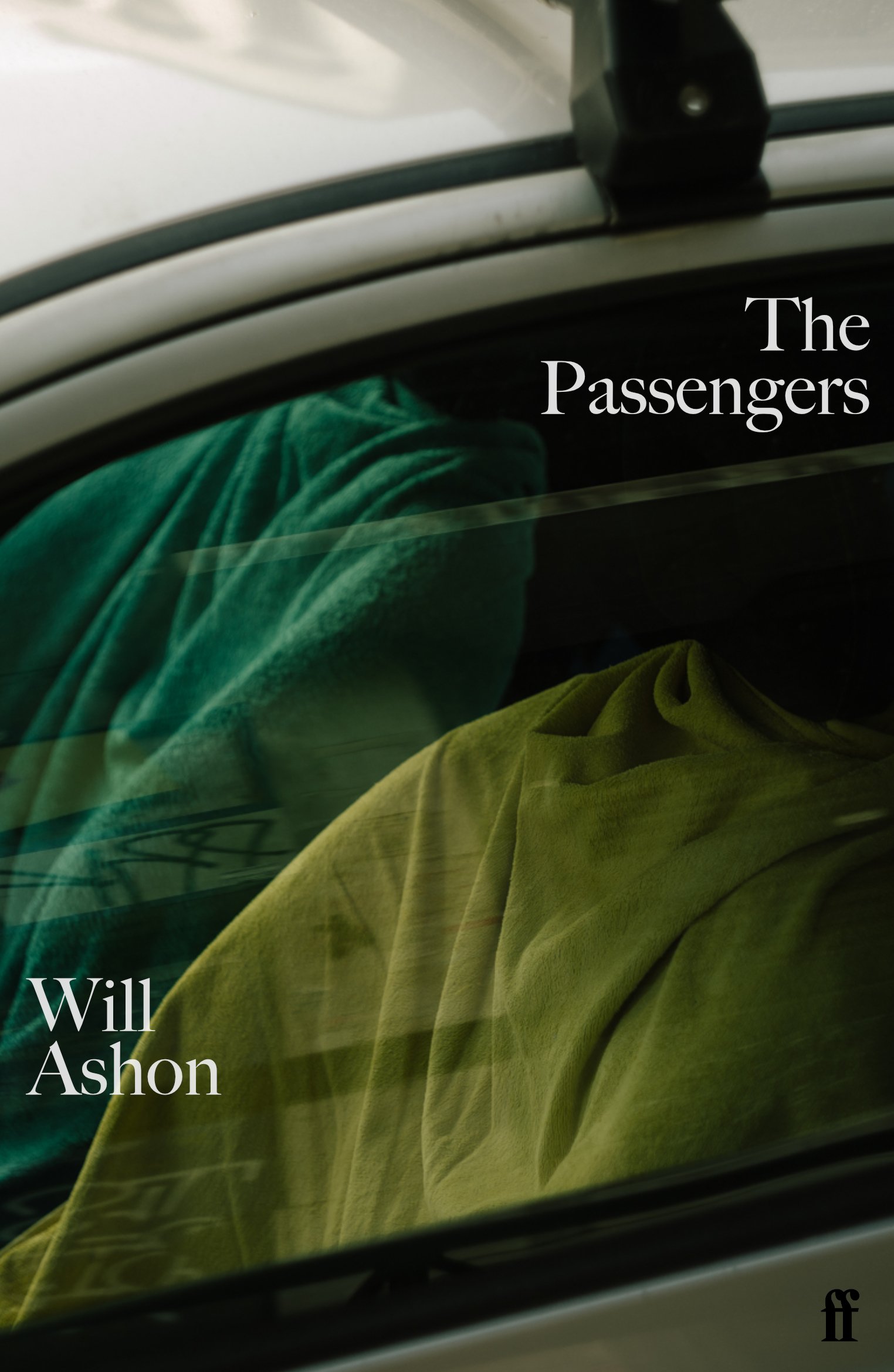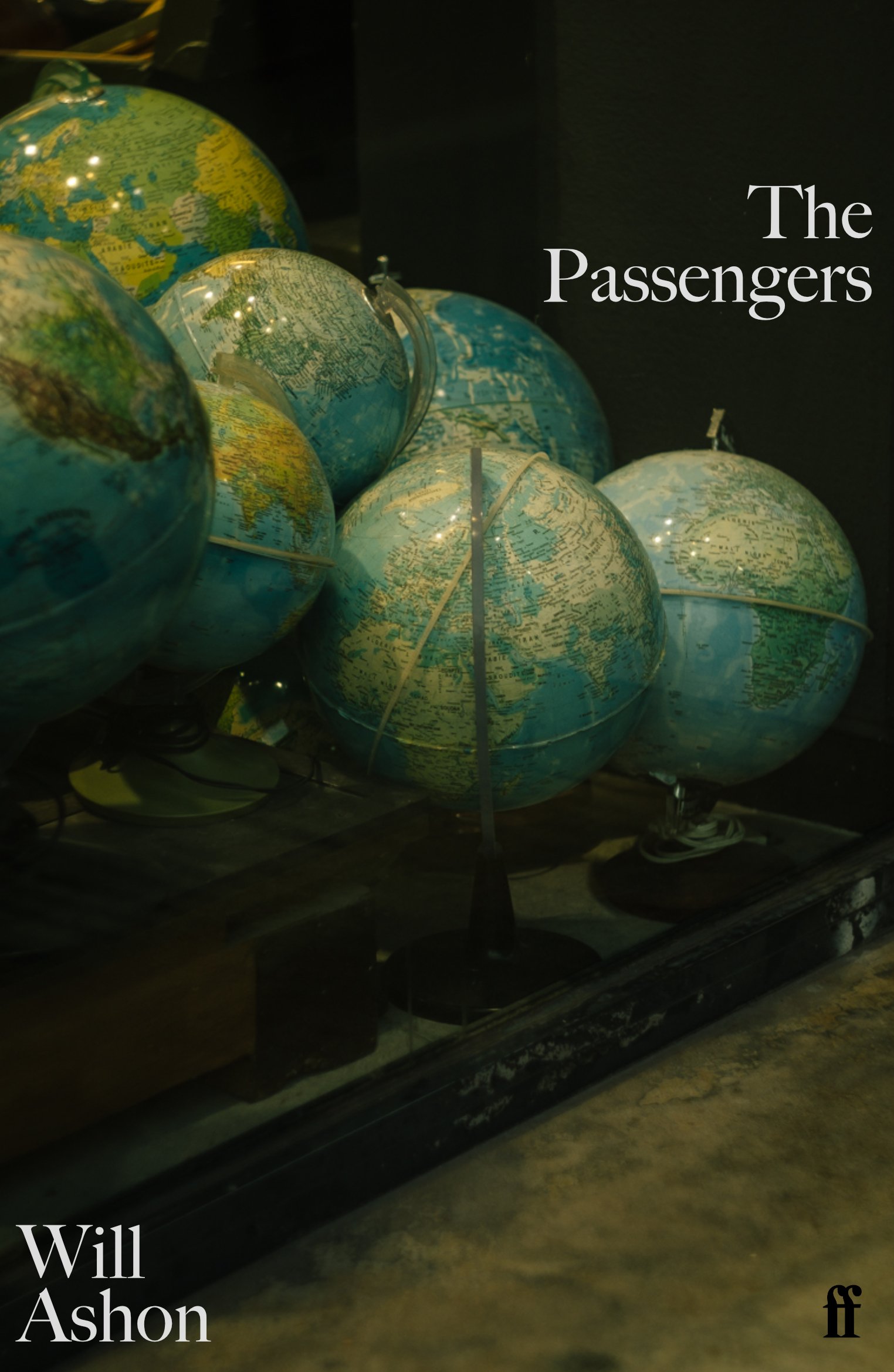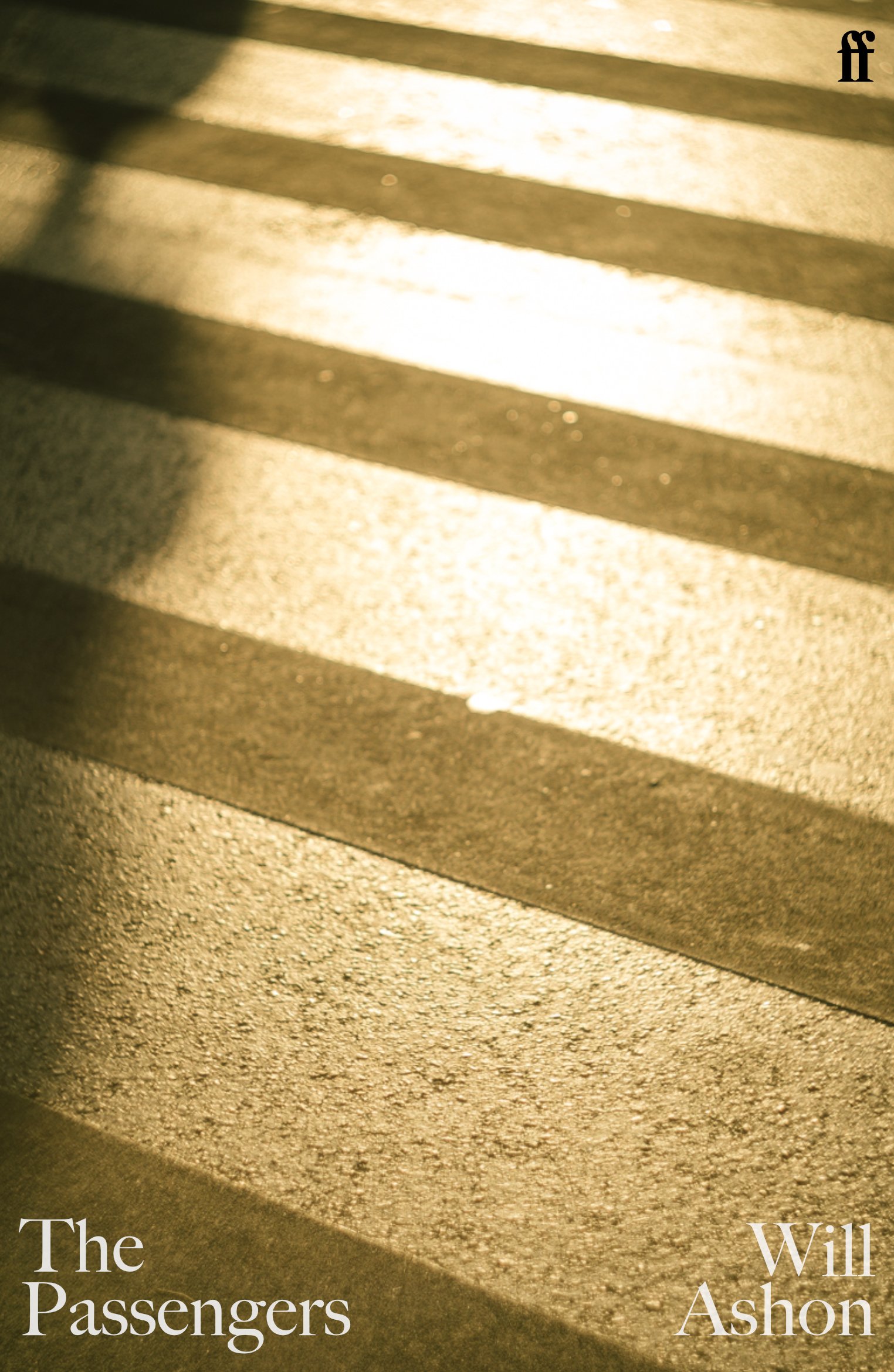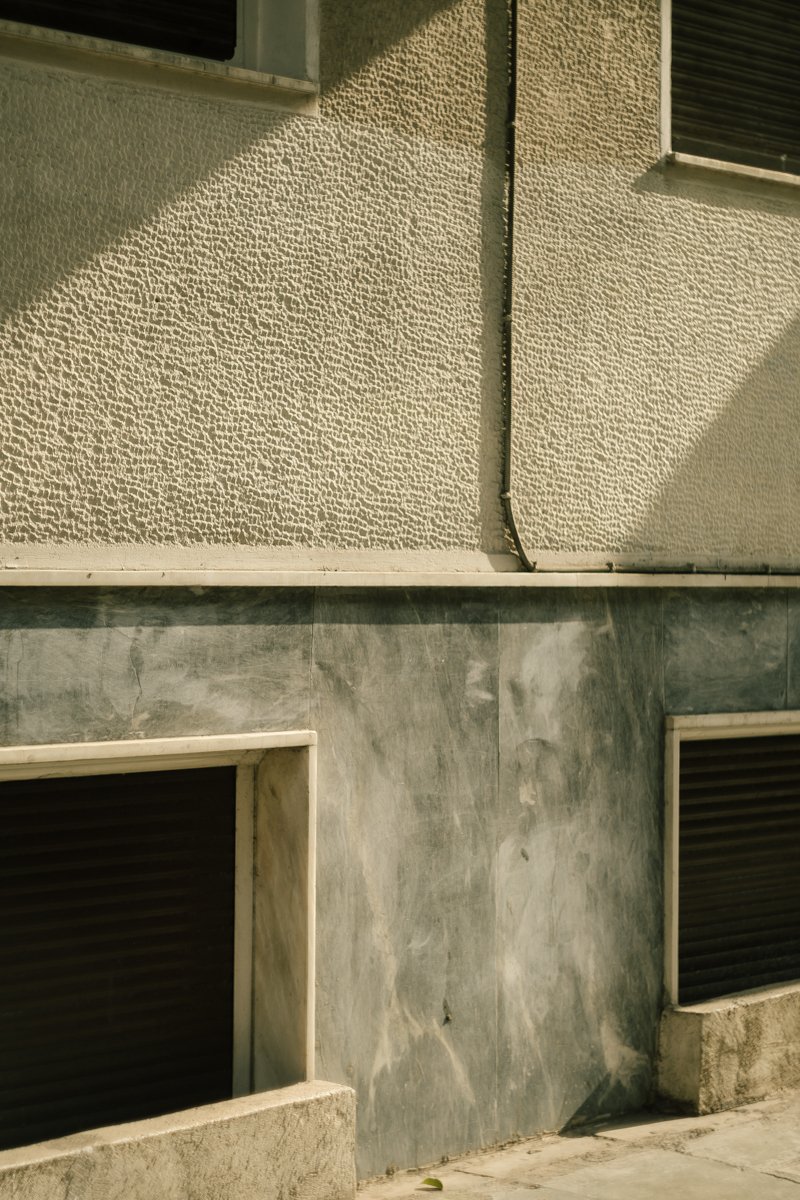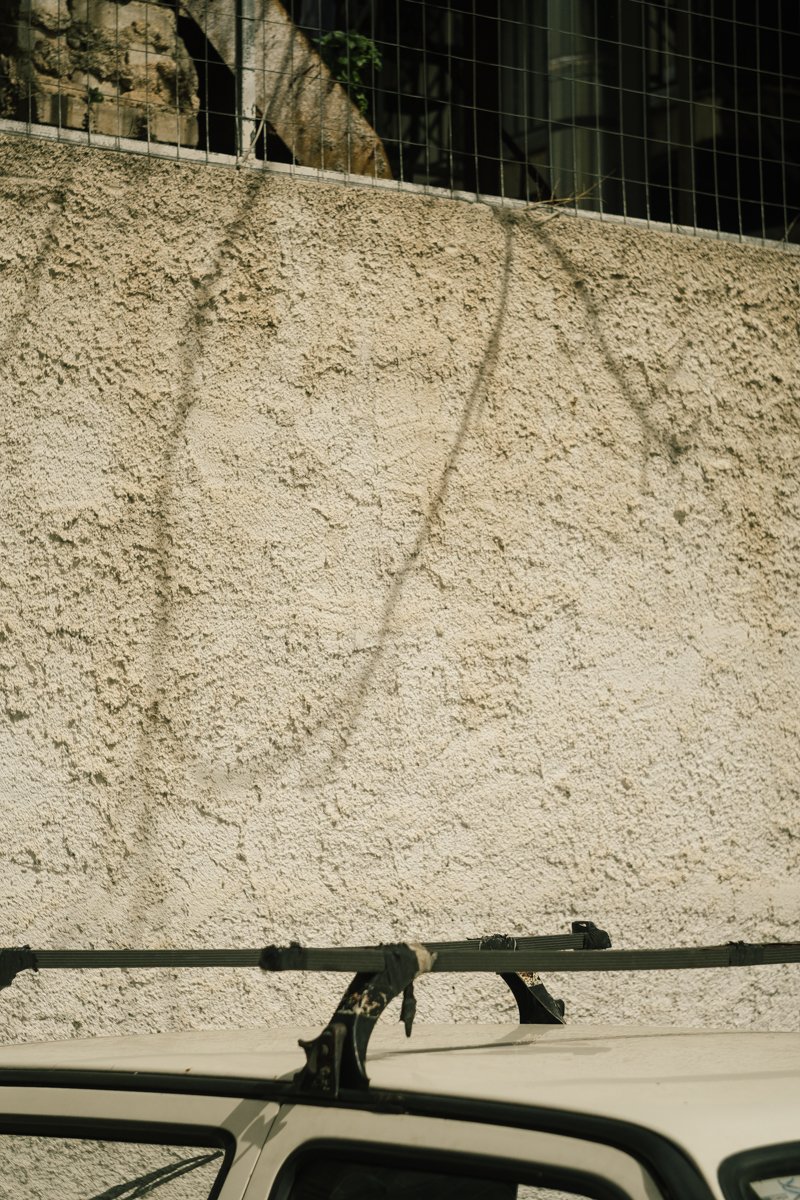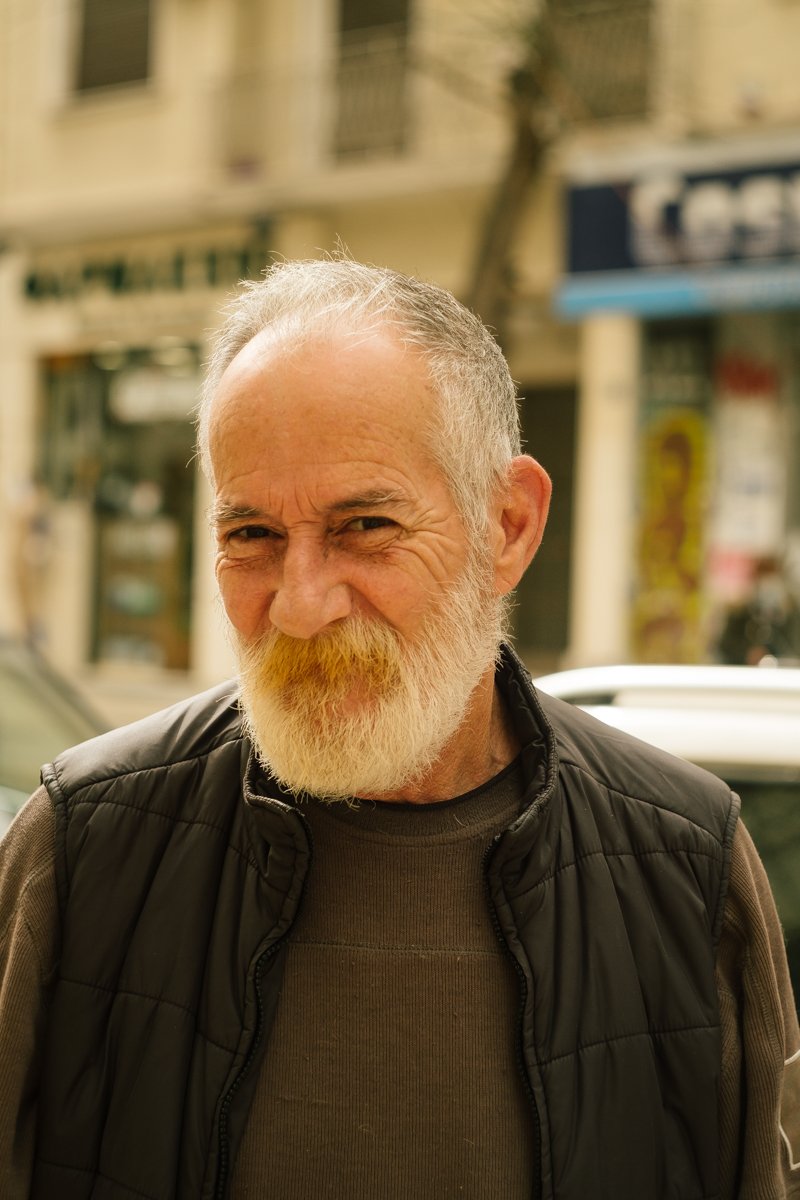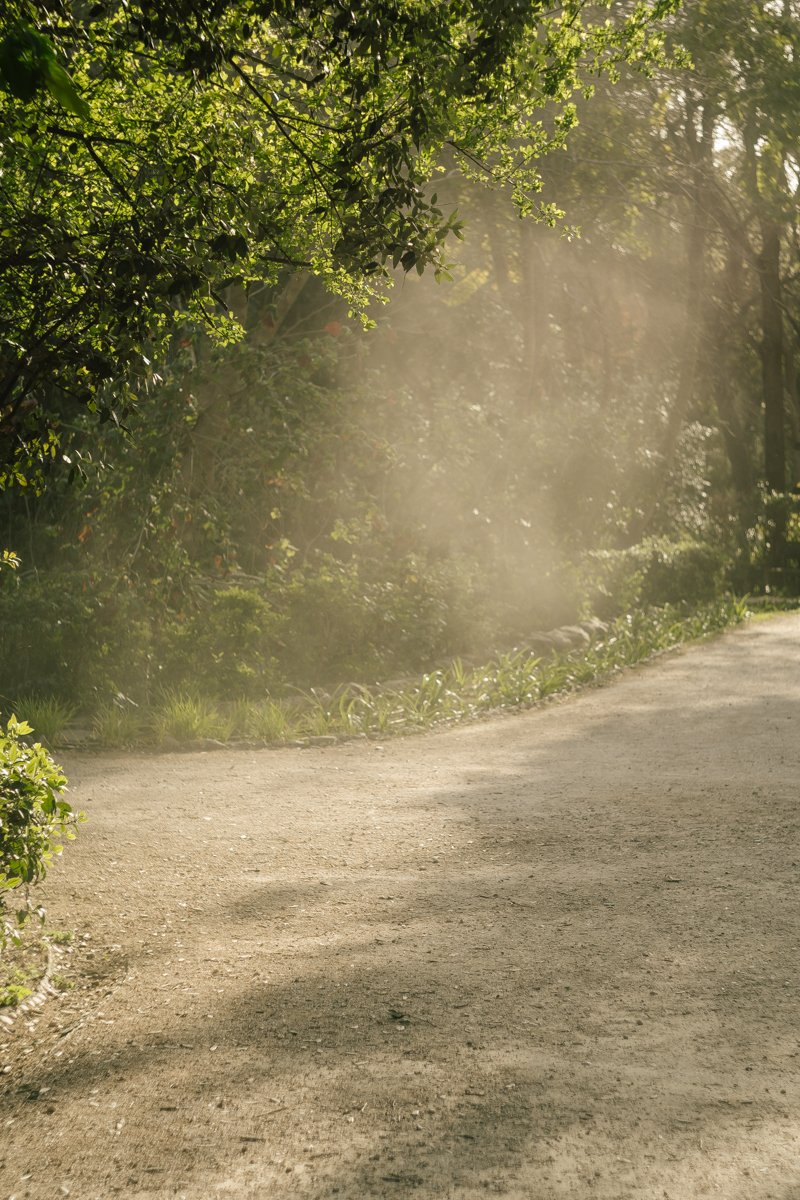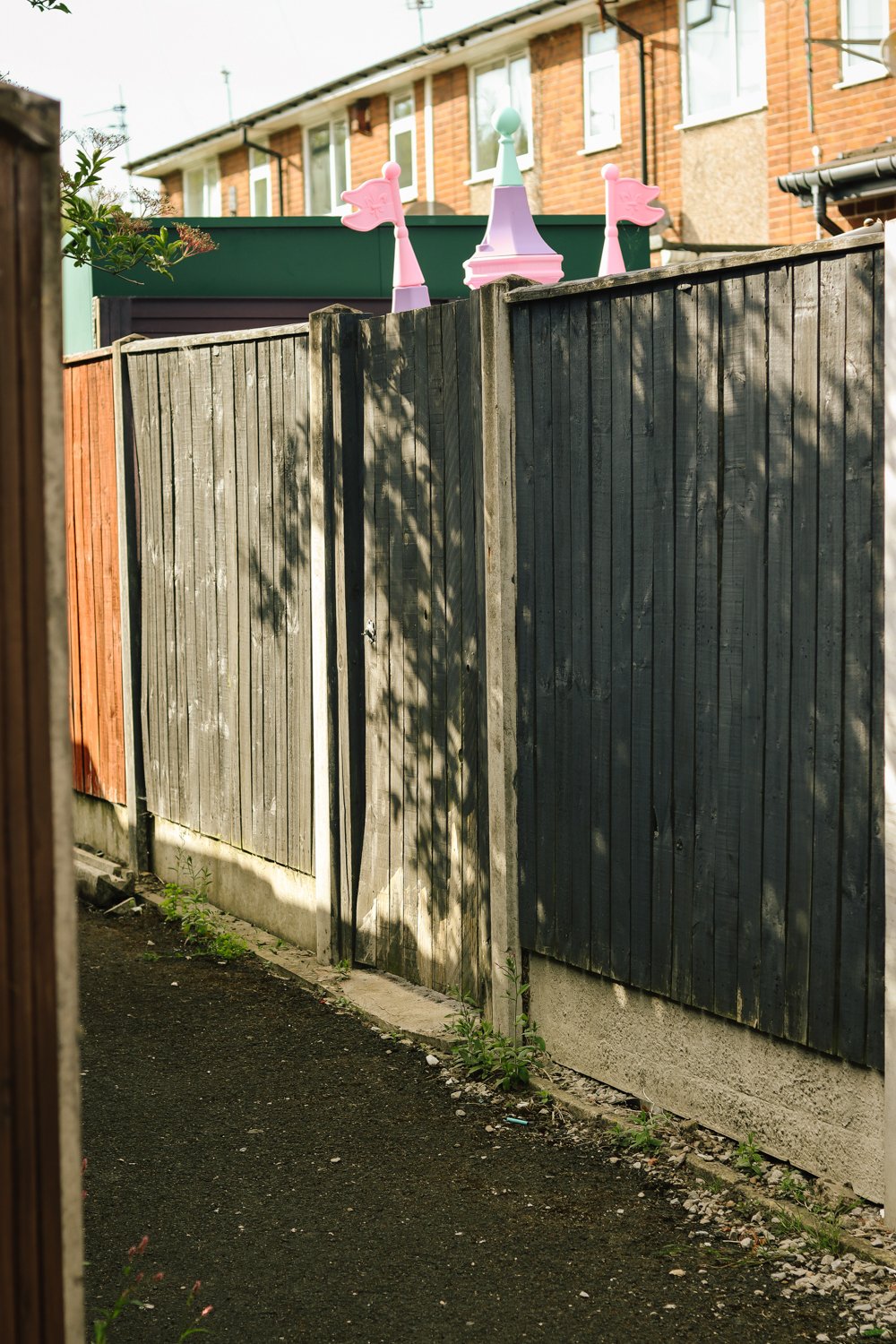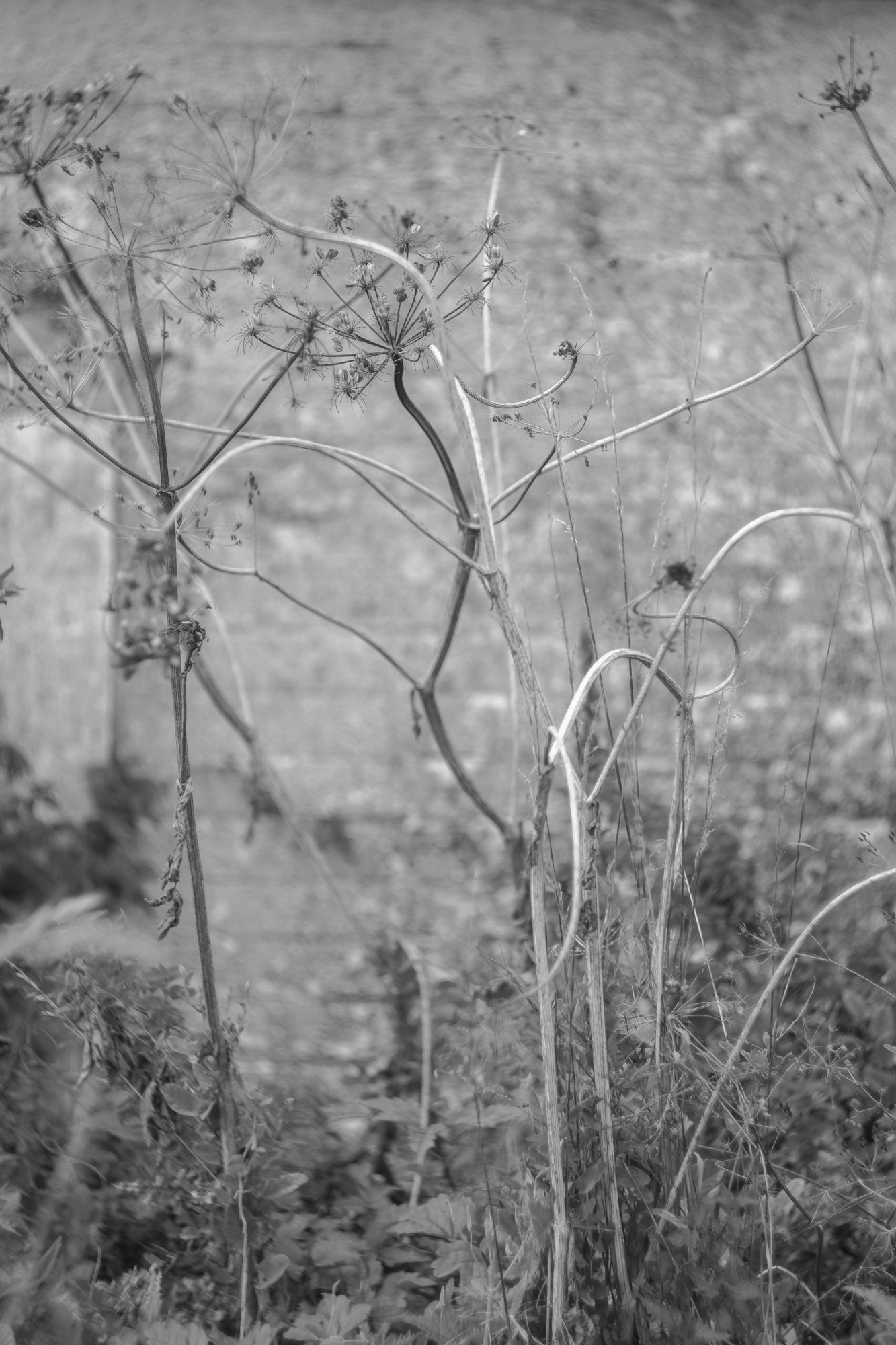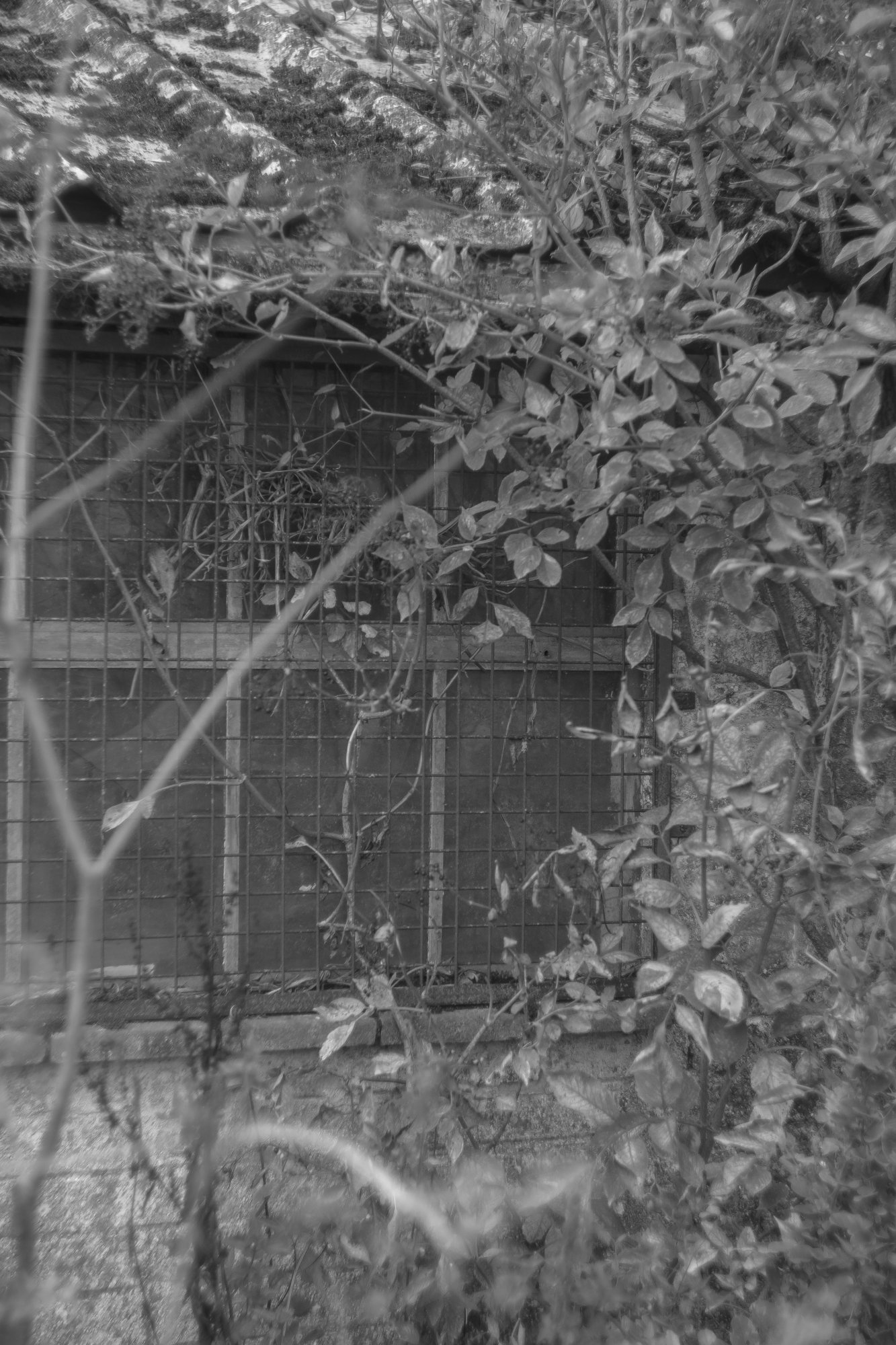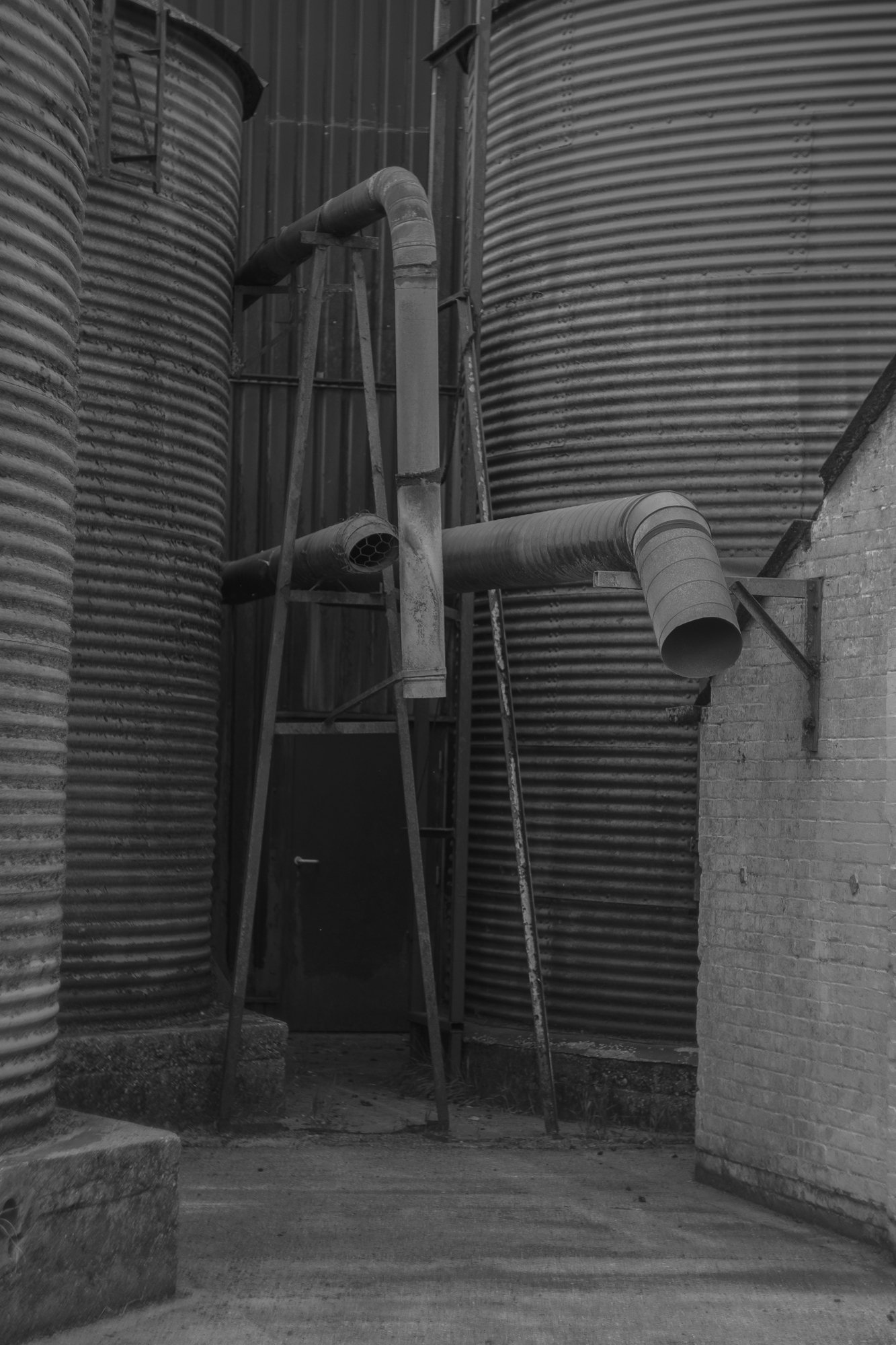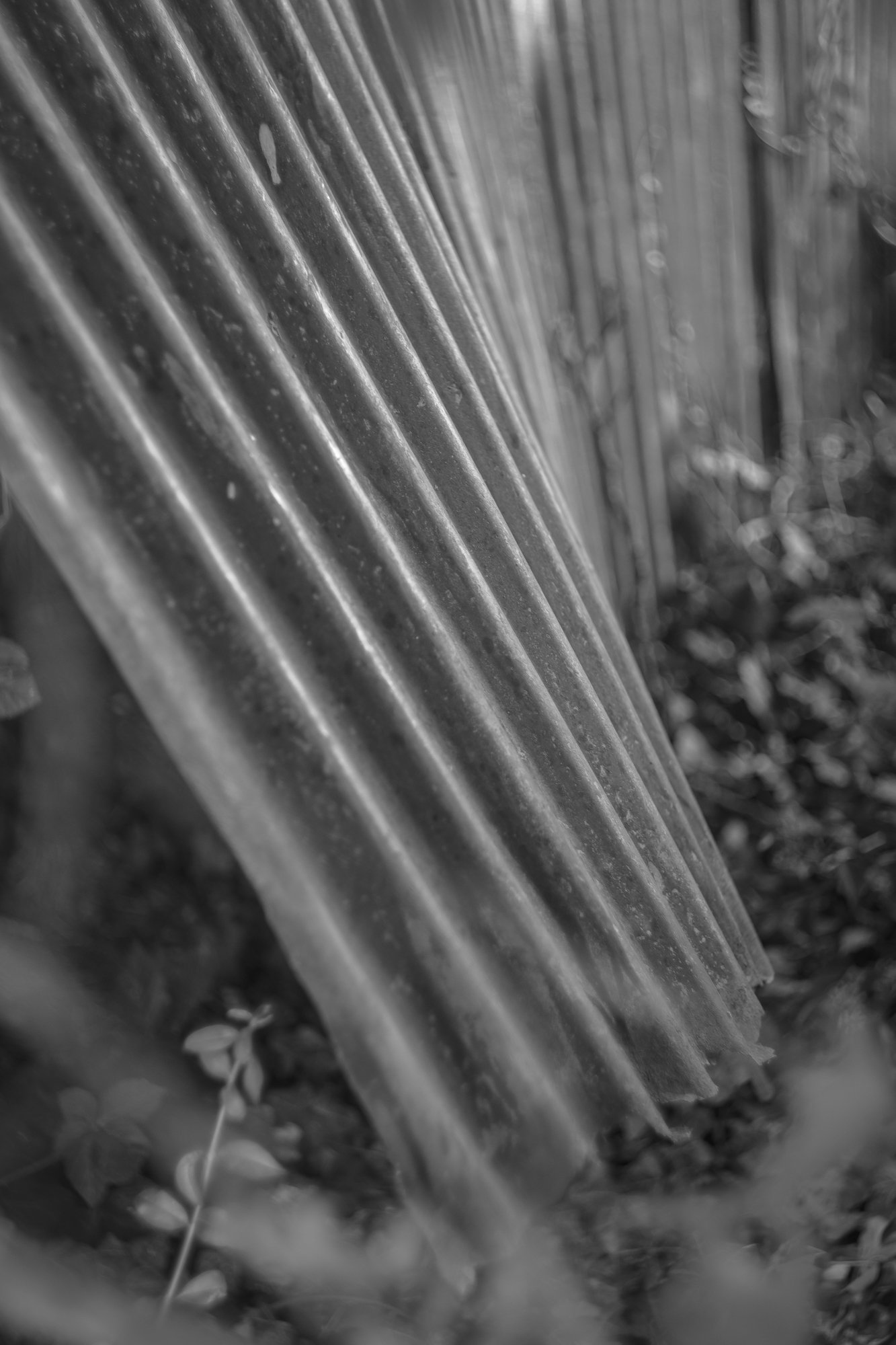Dear Kairos - Launch at Fotograpfia Europea
I was very fortunate to be invited to present at Fotografia Europea to talk about my new book ‘Dear Kairos’, winner of the FE+SK Book Award 2023. The book will be published by Skinnerboox and be available to order in the next few days.
Boredom & Epiphany
I’ve recently been reading ‘The Courage to Create’ by American psychologist Rollo May. In a similar way to reading John Berger’s writing on creativity, he manages to put into words so many of the unconscious elements involved. It feels both affirming and inspiring to read what feels like a timeless assessment of what it means to create, not solely within the arts, but within the realms of science and maths, any discipline that involves a sense of discovery, of trial and error.
One of the key elements of the creative process for me is the way in which the conscious and unconscious worlds unite, something which May analyses as a moment of ecstasy involving the whole self. Ecstasy is not merely a moment of hysteria, but that of ‘ex-statis’, an intensity of consciousness which fuses the division between the person and the object, a freeing sense of standing out from a prior understanding.
Perhaps those heightened moments aren’t a daily occurrence, but his allusion is that of a heightened state, something which seemingly out of the blue offers clarity, a sense of seeing the world more vividly than before. As an artist, this is what I labour for, not as a means of gaining a temporary high, but that sense of purpose and breakthrough which allows for a greater understanding of the world.
May goes on to dissect the notions of the unconscious meeting the conscious and how ideas can seemingly pop out of nowhere, but only if the groundwork has previously been laid. He draws a link between the fruitless graft, the research and testing which seemingly always comes before the moment of revelation, which more often appear when we are disengaged from the activity itself.
Nick Cave alludes to this in his recent book of interviews with Sean O’Hagan when he comments that boredom is next to epiphany. I don’t think he necessarily means a religious moment of enlightenment, (although maybe it can feel like that at times) but more in the sense that these moments of inspiration do seem to appear when we are disengaged and doing something mundane like having a shower or doing the washing up. Our brains need space in order to process and invite these ideas in. We’re all aware that we can fill every moment with relentless scrolling, so perhaps it’s about taking more control over those habits in order to create space for our ideas to flourish.
I thoroughly recommend reading both the Rollo May and Nick Cave books as a means of understanding more about the creative act, and in particular how the conscious and unconscious worlds can unite and blossom to generate something more fruitful and beautiful than we could otherwise fathom.
This article is taken from my April Mailout which also features some of my latest news and cultural highlights.
To receive it directly to your inbox each month, sign up here.
Nearest Truth - Group K Workshop - Athens
Later this spring I’ll be joining Raymond Meeks, Federico Clavarino, Myrto Steirou (Void Books) and Brad Feuerhelm to run the Nearest Truth Workshop ‘Group K’ in Athens. The workshop will result in a collective publication which I’ll be designing, to be published by Nearest Truth Editions.
I’ll also be hosting a launch for my upcoming book, ‘Dear Kairos’ during the workshop on 20th May at the gallery, IFAC Athina.
19-24, May 2023, 5-Day Workshop - Athens, Greece, IFAC Athina
“Most of us spend our entire lives avoiding the inconvenient edges of things, places, and other people. Edges are implied at the end of things familiar. They create definitions, both good and bad. This workshop will be devoted to confronting the seams of things, the borders between two finite propositions, and their in-between points of convergence. The remit is simple: find, interfere, observe, and document any edge between two parallel possibilities. There are no limitations, just intentions.”
“The results of this workshop will culminate in a portfolio/book with all parties to be published by Nearest Truth Editions in the late autumn of 2023. On-site, we will collectively print and produce individual versions of the portfolio for participants to take home. We will employ scanners, small prints, Xerox copies, glue sticks, and different papers. We will use local copy shops, and participants will be encouraged to bring new materials, printing substrates, etc., to the table.”
You can find out more and apply here: www.nearesttruthworkshops.com/photoworkshop
Loved&Lost Exhibition - Winchester
I’m showing a series of stories form Loved&Lost with the lovely guys at The Nutshell in Winchester, back where the project began nearly 10 years ago.
There’s an opening night event on 5th May at 5pm. You are very welcome to join us, simply sign up at the link at the bottom of the event page: https://www.thenutshellwinchester.com/shows-and-events/loved-lost
Radio 3 Play - Kafka's Dick
I had the pleasure of being invited by Naked Productions to photograph the cast for their latest radio play, Alan Bennett's drama Kafka's Dick, a play about the nature of fame, and how reputation is gained, with an all star cast featuring Toby Jones, Jim Broadbent, Fenella Woolgar, Mark Heap, Don Warrington and Jason Watkins.
It was a real treat to meet and photograph them all, to ask Mark Heap about his part in one of my favourite shows, Look Around You, and chat to Toby Jones about Detectorists and how good This Country is.
You can catch the play on Sunday 2nd April at 20:30 on BBC Radio 3.
Not being sure about uncertainty
We can find out anything we want, whenever we want. As a child, if I wanted to find out a fact I couldn’t just google it, I had to either look it up in a book or ask someone I knew. Not only are the processes of reading or conversation far more mentally engaging (the chances are I would have found out far more in terms of the context of the fact), the lack of an instant answer required me to hold onto the burning question until I had the right means to ask it. This is an invaluable filtering process by which the question would decide for itself whether it was important enough to remember, and occasionally I’d work out an answer for myself before I had a chance to ask something.
We are also living through an age which asks us to be certain. Politically, culturally, relationally, we are pushed towards polarising opinions over topical issues for which we are deemed to be on one side or the other. The internet necessitates instant responses, so the space and time for consideration and nuance feels like it is no longer there.
The space for uncertainty is slowly being erased by technology and our political climate, which in some ways, I really don’t mind, because I find uncertainty deeply stressful. I crave completion and order, knowing that tasks are done and things are in their rightful place. Living with uncertainty wears me out, but I have to remind myself that creatively and spiritually, it’s quite often when I’m within that uncertain space that I’ll find out that there’s a deeper vein of interest than I originally considered. Sometimes it’s necessary to wrestle with the uncertainty in order to break away from the path we would have otherwise taken to find a greater freedom. That isn’t always pain free or easy, but it’s a means to learn and grow.
I remember as a teenager having a conversation with a youth leader. I arrived with an abundance of huge burning questions that I wanted answers to in order to set down the foundations of my life (we all went through that right?!). We sat for hours discussing all these topics which I presumed, as an older and wiser person in a position of leadership, he would have all the answers for. His response to so many of my huge questions was simply, “I’m not sure” or “Let me go away and think about that and I’ll come back to you." It was the most freeing and beautiful response he could have given. I wanted certainty, control and solidarity, but in his wisdom, he knew that often the truth is in the searching, within the not knowing. It’s where belief, faith and trust are required, not as a test, but a step into that which is unknown as a means of growing and learning.
He didn’t offer me certainty because life doesn’t either. In fact, the mystery, beauty, elegance and coincidence of life seem to happen when I step out onto the path less trodden, when I remove predictability. As uncomfortable as it can be, this freedom gives me space to listen to what my heart is yearning for, to what my body is asking of me, to consider what I’m feeding myself and in return how that all reveals itself within how and who I am.
This article is taken from my March Mailout, which also features some of my latest cultural highlights.
To receive it directly to your inbox each month, sign up here.
Textures & Surfaces
Rather than writing something myself this month, I’ve decided to share an excerpt from ‘The Passengers’ by Will Ashon. It’s an exquisite collection of responses from anonymous members of the public from across the UK, offering individual perspectives, experiences and secrets, things that unite us, things that make our lived experience unique. I've no idea who the author of this quote is, but it really resonated with me. I highly recommended picking up a copy of the book.
"There's a quote that I really like and I can’t remember who it’s by, but it’s by a snooty foreigner who said that the English don’t like music, they just like the noise it makes. I think that completely describes my relationship with music. I have no understanding of music, but I do like the noise it makes. And I feel the same about photography. I don’t understand photography in a way that a university-educated person might, but I like the way it looks, and I don’t think that’s a flippant thing to say about either of them, actually. The thing I like most about music is its timbres - it’s the textures, it’s the surfaces, it’s the way that this incredibly abstract art form can change your state of mind and get you into worlds that don’t exist. Just a load of waveforms in the ether. And exactly the same is true of photography, whether it be abstract or not - patters on a screen or a piece of paper, textures and colours and things that are not that dissimilar from sounds can get you into a space that nothing else can."
"One of the things I say about photography is that if it’s not better than being there, it’s not worth it. So if it’s just a record of an instant, if you’d been there you would’ve seen that. Fine, great, there’s a place for that. But photography at its finest is when it adds something that ind of wasn’t there-although obviously it was there cos it’s just a photograph. When you put things in a frame, when you cut around experiences, that makes it different. It’s about the totality in a way, isn’t it, That everything in that picture is meant to be there. In the same way that everything in a piece of music is meant to be there, even if it’s improvised and there’s accidents and all the rest of it. There’s still a reason why those fluffed notes are there and that’s part of it. And the same for photography. It’s absolutely fine for it to be messy round the edges, or wonky, or whatever. It’s an editing process."
"In a photograph, or in a piece of music, all well-created textures are beautiful. You can take a photograph of something horrible and you can make it beautiful through the textures, and the same is true of music. You can get some really harsh, horrible sounds and you can mash them together in some horrible ways, and it has a beauty. And if you can hold the space, as it were, then you can enjoy and appreciate the texture of any photograph - any good photograph, whatever that means. And I guess, if you wanted to be philosophical, you could say the same thing about life, although obviously it’s an awful lot harder when it’s punching you in the face and it hurts than when it’s a piece of paper, or some waveforms. But there is a beauty to all of it, even the stuff that really seems like it isn’t."
This article is taken from my February Mailout, which also features some of my latest cultural highlights.
To receive it directly to your inbox each month, sign up here.
FE + SK BOOK AWARD 2023: The Winner
I'm very pleased to share that I'm the recipient of the Fotographia Europea + Skinnerboox Book Award 2023!
My book, 'Dear Kairos' will be published in an edition of 500 with Skinnerboox and will launch during the opening days of Fotografia Europea, in Reggio Emilia on 28-30th April.
A huge thank you to the jury, Chiara Capodici, Tim Clark and Milo Montelli for selecting my book dummy.
Dear Kairos is a very solid and well-constructed work. It is an attempt to reflect through a sequence of images on the deeper nature of photography, using a place as a pretext and as a starting point to carry out an investigation into the role of the photographer and how this can influence the determination of external and internal events. The way in which the images dialogue with each other allows the viewer to be an active part in the flow of the sequence and to question himself in turn about his own role, consequently also generating an important reflection on the relationships between the photographic medium, representation and the passage of time.
Now just the small matter of getting it ready for printing!
Fotografia Europea 2023 - Award Shortlist
The book dummy of the work I’ve been making in Athens, titled ‘Dear Kairos’, is one of ten books to be shortlisted for the FE+SK Book Award. It’s a privilege to have my work selected and the prospect of having my work book released with an established publisher such as Skinnerboox is something I’ve aspired to for a long time.
Look Photo Biennial - Final Weekend
This weekend is the last chance to see my exhibition at Spinners Mill, Leigh, as part of Look Photo Biennial 2022, run by the wonderful Open Eye Gallery.
Originally commissioned by The Washington Post for an article about peat bog restoration in Lancashire, the story featured on the front cover of the paper during Cop26!
“With the warming world impacting every corner of the globe, a sea change is necessary in our attitudes to nature and our place within it. One of the challenges of the changing climate is its scale and complexity, which requires us to connect our everyday lived experience with events unfolding on our screens in distant, disparate parts of the world.”
Thanks to Open Eye Gallery, Spinners Mill, Mario Popham, Charlie Booth and the guys at Then There Was Us for making the show happen.
Dave Heath - 'One Brief Moment' - Review for ASX
Over the past 6 months I’ve invested a lot more time in my writing, constructing essays for my book projects as well as for my monthly newsletters and I’m delighted to have been invited to write photobook reviews for American Suburb X.
One Brief Moment published by Stanley/Barker contains a series of portraits taken on the streets of North American cities in the 1960’s by Dave Heath.
“These may be brief moments, but the democracy of the street gracefully allows the individuals here to be connected with one another and, to us, a sensibility greater than that of any single moment. Together, it is a sea of expressions, glances, and gestures that seem to carry the mixed weight, confusion, and expectation of the decade.”
You can read the full review on American Suburb X.
Will Ashon - Book Cover Designs
I’ve recently begun playing more with design elements within my work, experimenting with how I can present imagery in combination with text as I work towards some upcoming photobook design projects.
As an experiment, I wanted to attempt some redesigns of the cover of Will Ashon’s ‘The Passengers’, a book that I’ve been enjoying reading, but I wasn’t particularly won over by the original cover.
Interview with Nearest Truth/ASX
Over the past year I’ve had the privilege of speaking regularly with Brad Feuerhelm, a friend and mentor who is guiding me through the creation of my book of images made in Athens. We recorded an interview for Nearest Truth/ASX, which you can find on his Patreon (paywall). I’m hoping I’ll be able to confirm a publisher for the work in the next few months, so watch this space.
Exhibition - East Manchester Young People Photography Workshops at Manchester Central Library
Manchester Central Library is currently exhibiting a set of images made by the young people of East Manchester.
Made through a series of workshops that I ran without youth groups last summer, the exhibition includes a beautiful selection of street, portrait, still life and landscape photography, all made within their local communities and exploring themes of family, hopes, fears and their response to the city that they call home. It’s wonderful to be able to share the exhibition with people of Manchester and I am extremely proud of all those who took part and contributed to the show. A huge thank you to Chris Macintosh for enabling it all to happen and inviting me to be part of the project.
Forwards
The nature of the work I make has inherently involved me with events in the past. It’s certainly within my nature to deal with what has passed and the requirements of here and now rather than consider the future, but after so much change and turmoil in my life over the past few years, I feel I’m now at a point where I want to look forward, and I can’t help but feel I’ve got too many options.
When I look back and consider what led me to where I am (professionally, geographically, relationally), it seems as though the decisions were barely made, simply a timeline of where I was and where I am now, but that of course isn’t true. Every big decision is preempted by a series of smaller decisions, which are influenced by how people respond to us, dismiss us or invite us in and I think it’s important to consider how our paths may have been different. That’s not to suggest any regret about the decisions that I’ve made, but it can be a significant help in making decisions about the present and the future.
What felt like mistakes or failures in the past, over time, turned into life lessons. The priorities which we once held shift and change as our world changes around us and our thoughts and feelings evolve within us. The straight line that we may perceive we’ve lived along doesn’t have to carry us forwards in some sort of predestined way, we have the autonomy to choose, to prioritise and imagine how life could be better, not only for ourselves but for future generations.
This experiment is carried out beautifully in Paul Auster’s 4321 (thanks to Klaus Pichler for the recommendation), detailing 4 different versions of the same boy’s life, evolving in tandem through the book as internal and external forces influence the paths that he takes. It’s a fascinating read (albeit a long one!), that invites the reader to consider how life can be different to what we know it to be.
I undertook my own experiment a couple of weeks ago as I went out to take photographs, as I do every year, at dawn on 30th December, the anniversary of my father’s passing. This year, I decided to return to the location which I first visited on the 30th back in 2013. I wanted to sense what it would feel like to be back 10 years on, to consider what has passed, changed, how I see the world differently.
In terms of making any photographs, I felt trapped by the past. I couldn’t escape the images that I made ten years ago and as I slowly climbed the hill, the view felt dull and lifeless. I couldn’t help but feel like I should be somewhere else. As much as I wanted to return and reflect, I had the need to explore something beyond what I had explored before. I got back to the car feeling slightly dejected, without much to show for my early morning efforts, but as I drove away I crossed the river and felt compelled to stop. I took 10 minutes to explore the riverbank and the combination of light, mist and the flowing river resonated.
What I was looking for wasn’t at the top looking down, it was down in the valley. I didn’t need to return and replicate, I needed to respond to the now, to trust my instinct and allow myself to explore.
This article is taken from my January Mailout, which also features Granta, Jack Whitefield, Detectorists and my interview with Nearest Truth/ASX.
To receive it directly to your inbox each month, sign up here.
Working in, from and through adversity.
Since moving back to Hampshire in the summer, alongside a decent amount of childcare and house moving admin, I’ve been editing and compiling new book edits. As much as I enjoy experimenting and making these, I’m looking forward in the new year to starting on a few ideas that have been ruminating for a while. I’ve been considering what my drive for those ideas is and reflecting on what has led me to make the projects in the past.
Although perhaps not the reason for the creation of a project, the common theme is adversity. The personal work that I’ve created on my own is heavily influenced by the losses that I’ve experienced over the years, but even within the collaborative projects that I’ve been part of, whether that’s music or photography, so many of them have been made amidst an atmosphere of struggle.
The sense of having to overcome the scenario we find ourselves in is a powerful thing, and for the creative people that I’ve worked alongside, it’s often the driving force behind making something that they want to make, but need to make. It’s not a hobby that happens to have become successful, it’s something that only comes into being if you put yourself into it, to show whoever we need to show that we can make something beautiful out of pain, difficulty and stress. It’s something that may well cost us along the way, but that sacrifice is a vital part of the creative process.
When I played in bands as a teenager, the mentality of us against the world was inbuilt into what we did. We felt misunderstood, and collaboratively we found a way to create something that felt more than just a means of venting, but something true. We thought we had something to push back against, something to prove, and I think that DIY mentality has carried me through the projects I have made until this point.
As I consider embarking on new projects, I need to ask myself whether simply constructing and developing a project because on paper it looks like it would create something interesting is enough. In my experience, that isn't necessarily conducive to creating something honest and true. I'm more comfortable with reacting and responding to a scenario than generating something from nothing. I’m very fortunate to have been granted very stable ground upon which I can live and raise a young family, and perhaps that contentment doesn’t necessarily lend itself to making meaningful art?
I’m not suggesting I need to wilfully create trouble for ourselves, (although there are many case studies of artist’s that I could delve into here), but continue to consider how I relate my interior world to the exterior world that I experience, and to find the points at which those engagements offer inspiration, depth and beauty that can be harnessed and shared.
This article is taken from my December Mailout, which also features an end of year playlist, Paul Graham, Allan Salas, LOOK Biennial, Philomena Cunk and Moth Club.
To receive it directly to your inbox each month, sign up here.
“We don’t talk about the things we will never forget.”
I’m currently trying to read The Discomfort of Evening by Marieke Lucas Rijneveld. I say try, because its heaviness keeps weighing too much on me and I have to put it down. I’ve come back to it a couple of times but its narrative is founded on the loss of the young narrator's sibling and it’s all a bit too close to home. However heavy the book is, it has some wondrous lines, slender gems that ask far more of you than you anticipated that it could.
“We don’t talk about the things we will never forget”
Reminiscent of Rachel Cusk at her philosophical best, this line left me, very appropriately, speechless. In that silence I was drawn away from the narrative to consider the things I will never forget, but don't talk about. As an artist, I look to find ways to express all those ‘things’ through a medium which I feel able to manipulate in order to project sentiments to the viewer. If I told you in plain english it would be too stark, the equivalent of me shouting in your face. Thankfully, the beauty of photography is that it is intentionally oblique, because sometimes there are things in life which feel too hard to even say out loud.
The deeper I grow into any body of work, the more I look to build a space in which I can invite the viewer into, to allow them to invest themselves in the narrative. I enjoy trying to create this space, knowing that the viewer will come away with different thoughts than when they entered it, not thoughts that are the same as mine or that have been spoon fed, but an amalgamation of their life experience and mine. A way of drawing closer to one another.
A few pages later, I was confronted by this line…
“There are two kinds of people, those who hold on and those who let go.”
I can’t decide on which side I fall. My instinct is that I am someone who holds on, but through my work I know I am attempting to let go. Maybe I’ve found a way to let myself reflect and project so I'm carrying less of the burden of the things I will never forget.
This article is taken from my November Mailout, which also features Richard Mosse, Chris Kilip, Marcelo Galvani and Kieran Goddard.
To receive it directly to your inbox each month, sign up here.
Granting permission
After the passing of the Queen a few weeks ago, one of the key elements of her life that the coverage drew upon was not only the longevity of her time serving as Queen, but also the fact that being bestowed the role wasn’t something she particularly felt she wanted to do at the time. I imagine that reluctance was loaded with an immense amount of pressure to perform the role according to the highest expectations of her family and the commonwealth nations, all the while knowing it was her destiny to someday take on that position. That sense of calling, knowing the purpose of your life before it’s barely begun is not something that many of us can relate to.
When she took the throne, she was commissioned into a new role and in doing so, granted permission to hold herself to the highest standard. I wondered what that might look like in my life, for those before me to have commissioned me, it’s not really a concept that feels familiar. I suppose a civilian equivalent may be a family business that has been passed through generations with an expectation that the lineage will be continued, but the more manual skills such as farming are slowly being rejected by new generations who are drawn to the cities.
Many of us have the incredible luxury of being able to choose what we’d like to do with our lives, but with that comes the requirement to grant ourselves permission to do so. To educate ourselves and deem ourselves worthy of a job or role either within a company or flying solo. The creative minded amongst us will be more than aware of the notion of imposter syndrome, the idea that we aren’t good enough to be in the position we are in. That lack of confidence stems from many places, society’s undervaluing of the arts and the requirement to please the gatekeepers in whichever industry you’re working in order to achieve the status and recognition you and your work deserves. If we start thinking about those elements too much we may not feel like getting out of bed in the morning.
There has to be a different mindset in how and why we create. There is a requirement for us to commission ourselves to walk the path that we feel called towards, to grant ourselves permission to not only be there, but to flourish and strive to be the best we can. There’s a limit though to what we can muster from ourselves. Remember, The Queen initially stepped up reluctantly.
We have a role to play in each other’s creative journeys. To grant each other permission to create what we feel called to create. To support, listen, advise where we feel it right and lift each other higher than we can lift ourselves. Whether that’s through one to one conversations or collectives and events, we need to continue to find ways to encourage, invite and sometimes even drag each other onwards.
We won’t always feel confident in what we’re doing, but that questioning is crucial for our creative process. For me, those doubts suggest a requirement to refine what I’m doing, to continuously ask myself whether I’m happy with what I’m making. We are our own best audience after all and if you’re doing what you do to please somebody else, then maybe it’s time to ask yourself some questions.
One of my mentors asked me last week whether a project that I’m working on surprised me. I wanted the work to portray a certain sensibility, but it wasn’t quite hitting the mark. The images felt like they were all in the right place, complimenting one another, but it was far too predictable. I needed that conversation to throw some doubts into the mix, whilst granting me permission to take the work further than I’d assumed I could on my own. I have a feeling it’ll be all the better for it.
This piece is taken from my October mailout, which also features Emergence, Elif Shafak, The Train and Hania Rani.
To receive it directly to your inbox each month, sign up here.
Embracing Uncertainty
In this ever evolving modern era, embracing uncertainty does not appear to be a popular option. Our political, social and relational decisions seem more divided than ever before, and I worry about the unwillingness to accept that sometimes we can’t be sure.
Jack Underwood explores the idea of uncertainty in his book Not Even This, and considers some of the philosophical outlooks that have embraced uncertainty in the past.
Carneades, part of the Skeptical Academy, pushed back against the notion held by the stoics of absolute truth in knowledge, claiming that ‘Nothing can be known, not even this’. He doubted the idea that truth can be acquired through reason or engagement of the senses, believing that we can ascertain mere probabilities of truth that enable us to act.
“Carneades is particularly remarkable for his philosophical technique. He would argue vigorously for and against every argument to such a thorough and committed extent that people were often confused about which side of any given debate he was on. They were right to be confused. His aim was to effectively prove all arguments both right and wrong enough that no certain conclusion could be drawn, which was itself the only final conclusion.”
This is a technique that feels familiar, something I have used myself, probably not to the lengths that Carneades went to, but as a means of considered decision making. Whether it’s about something personal or social, like most of us I will have an assumed take on any given matter, a standpoint that feels right given my experience, the information I have at hand and what I feel about the scenario. However, it is then very interesting to ask myself about the other side of the debate, to consider an alternative perspective. I then ask myself which view has greater resonance and I’m often surprised by the answer.
I find it telling that Carneades didn’t write, instead choosing to teach and debate face to face. This is a nuance that we are quickly losing within modern society. The speed and digitisation of life doesn’t allow us the space or time for the nuance of considered conversation. Thoughts are committed to text in haste, perceived in multiplicitous ways according to another individual's agenda or life experience and suddenly the system of communication begins to dictate a perceived necessity to be on the right or wrong side of an argument.
Over the last few years my understanding of the world has been shaped by significant personal and social events, and my necessity to see the world in black and white has shifted. Perhaps amidst my trauma I don’t have the energy for absolute clarity or truth, maybe it would feel too final or complete to define things one way or the other. I feel far more accepting of the grey areas of life, embracing the chance to ask questions and engage with the processes rather than worrying about the outcomes. I mean this in creative, spiritual and social senses, and to that end I proactively engage my senses, not as a means of establishing truth, but to encourage a more qualitative approach to my day to day.
Part of this way of thinking was formed through my relationship with my dad, who often enabled me to approach problems through asking me a question. Through this, it never felt like he was giving me the answer, but through asking the right question in the moment, it enabled me to find clarity with my issue. I wouldn’t say he ever played devil’s advocate, but in his questioning he was proposing an option or outcome that I may not have considered, allowing me to weigh up the options at hand and take what felt like the right path. His gentle guidance is something I still miss over 12 years on, but what it taught me was that before we presume we already have the answer, we need to slow down and ask ourselves the right questions.
"We scattered your ashes on your favourite beach" Cornwall, 2022.
This piece is taken from my September mailout, which also features Heart Valley, Jack Underwood, Joselito Verschaeve, Emily Graham, Ryuichi Sakamoto & Alva Noto and Three Bean Salad.
To receive it directly to your inbox each month, sign up here.
